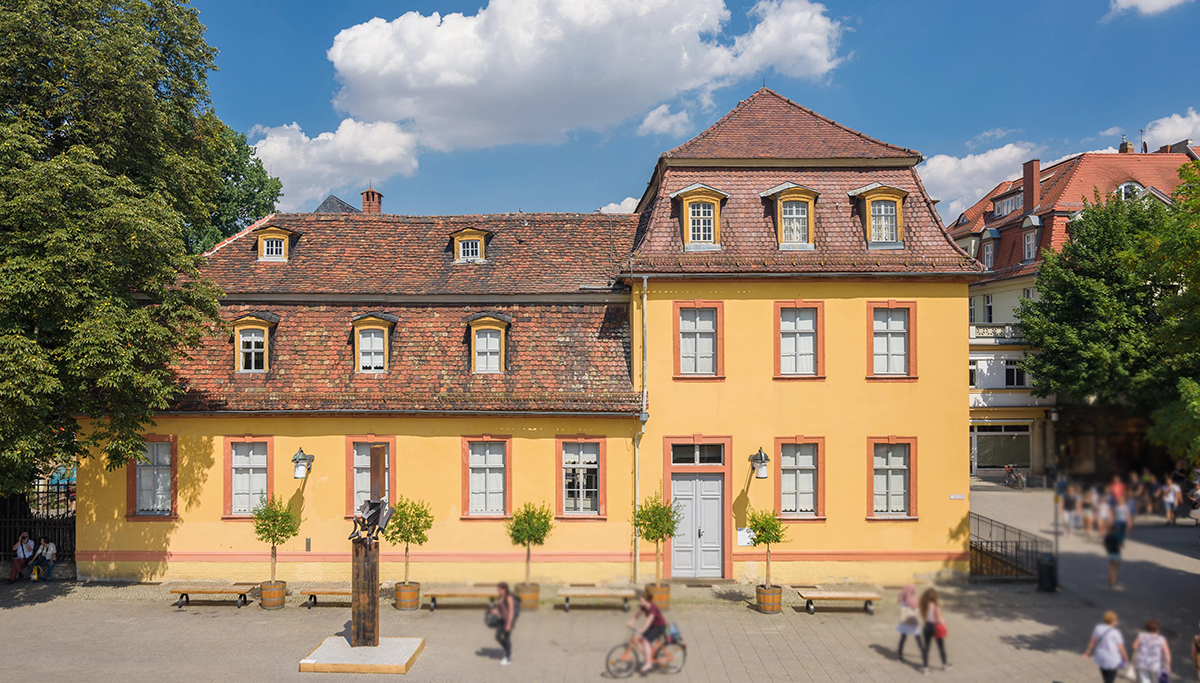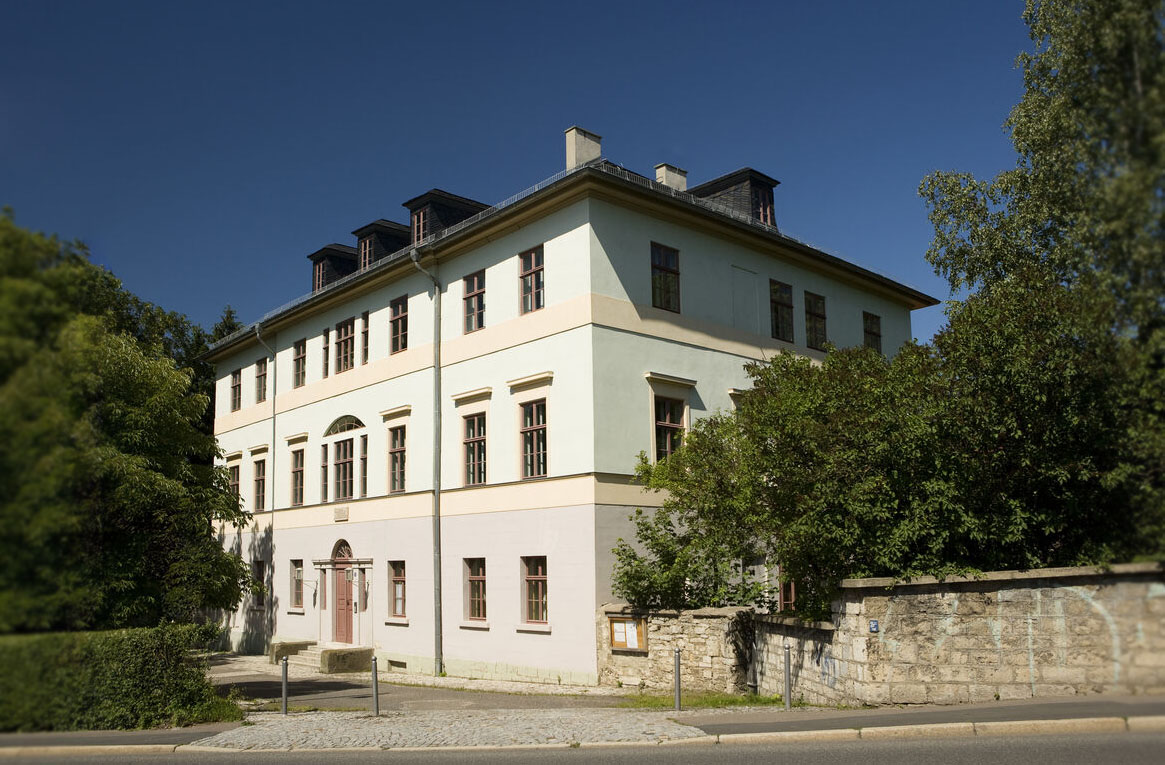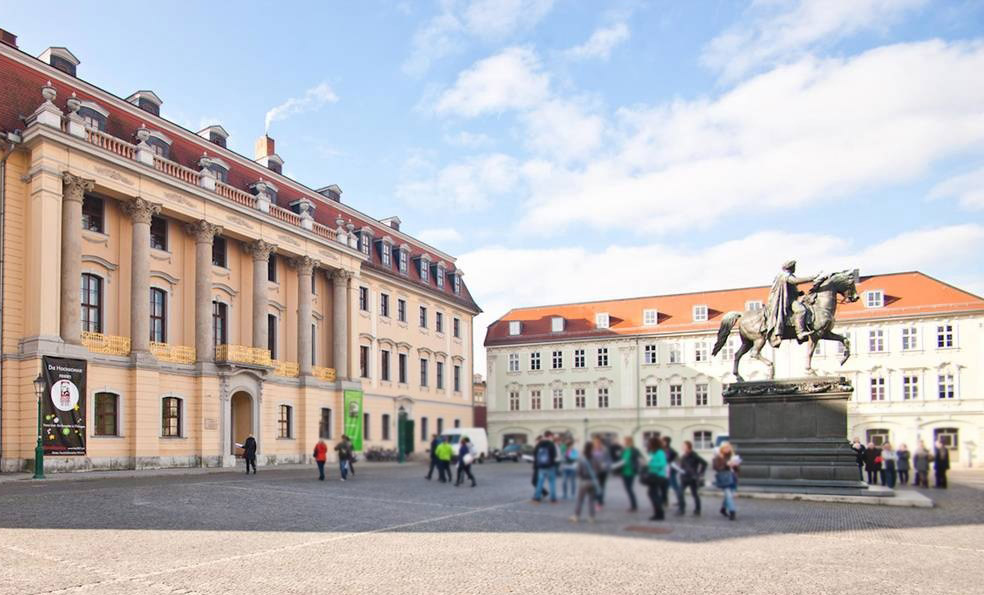Altenburg (Franz Liszt) Weimar
Audio Guide Altenburg (Franz Liszt)
The Altenburg is a three-storey building located on Jenaerstrasse in Weimar, which abounds in rich history and tradition. It was the home of Franz Liszt from 1848. Currently, the building houses the Weimar Music School, which bears the name of Franz Liszt.
The name of the house comes from the former name of the grounds "Die Alte Burg".
In 1811, the house was built by Friedrich von Seebach, who accompanied Duke Carl August and Johann Wolfgang von Goethe on their campaign to France in 1792.
Friedrich von Seebach himself was in distress during a battle between the French and the Allies on 22 October 1813, when his dog named Belotte saved his life. In the summer of 1822, a sandstone monument to Belotte was erected in the garden of Altenburg with an inscription that read, "Here rests Belotte. She was faithful to her first and last master", as well as "She saved a human life", and the time period from 1808 to 1822.
Many famous personalities, including Goethe, Bettina von Arnim, Richard Wagner, Hector Berlioz, Friedrich Hebbel, Hoffmann von Fallersleben, Peter Cornelius, Josef Joachim and Hans von Bülow, visited and left the place. The new Neu-Weimar-Verein society was also formed as a result of the meetings in Altenburg.
From 1848 and for 13 years, Altenburg was home to Franz Liszt and his beloved Caroline Wittgenstein, as they never managed to get married during their lifetime.
Franz and Caroline met in Kiev, Ukraine, when Liszt was on tour.
It all started when Liszt wanted to meet a woman who bought a ticket to his concert, paying 100 rubles for it. After Liszt's performance, they spent long hours talking. This woman fell in love with him passionately and forever. She even invited Liszt to her estate near Kiev, in Voronitsy. Their bond deepened and they decided that in the future they would merge.
Princess Caroline Wittgenstein travelled to Europe with her young daughter, expecting to meet Franz Liszt. Together they lived in the open in Weimar, where Liszt held the position of court Kapellmeister. During this period from 1848 to 1861, Liszt experienced a creative ascendancy, producing a multitude of musical works. He staged operas, including over forty operas in Weimar, and was an active educator and social activist. Caroline Wittgenstein supported him and persuaded him to concentrate on his compositional work, giving up concerts.
Caroline fought for a long divorce to marry Liszt, but this required the permission of both the Russian Tsar and the Pope of Rome. Their wedding in Rome was postponed and then cancelled, leaving them in the land of new hopes. Later, Caroline renounced the marriage and Franz Liszt became a clergyman, moving to the Vatican. They continued to socialise, but the wedding never took place. Caroline Wittgenstein passed away in 1887, shortly after Liszt's death. This love story, born in Ukraine almost 40 years ago, has come to an end.
Other sights
-
Albert Schweitzer Denkmal
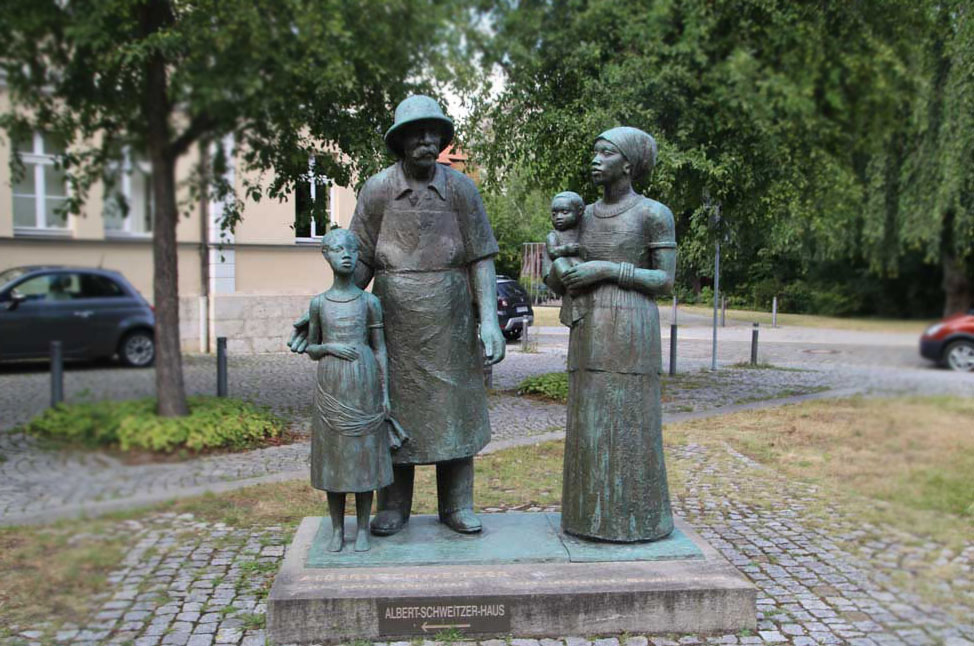
-
Atrium & ehemaliges Gauforum
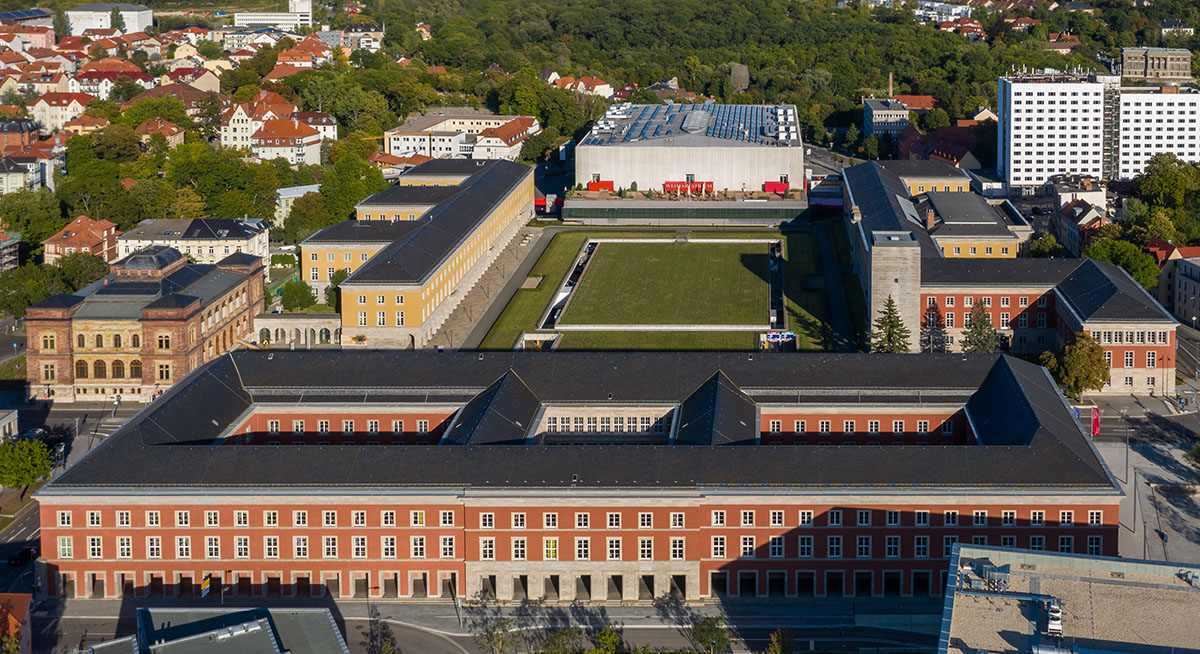
-
Bauhaus Universität (Henry van de Velde)
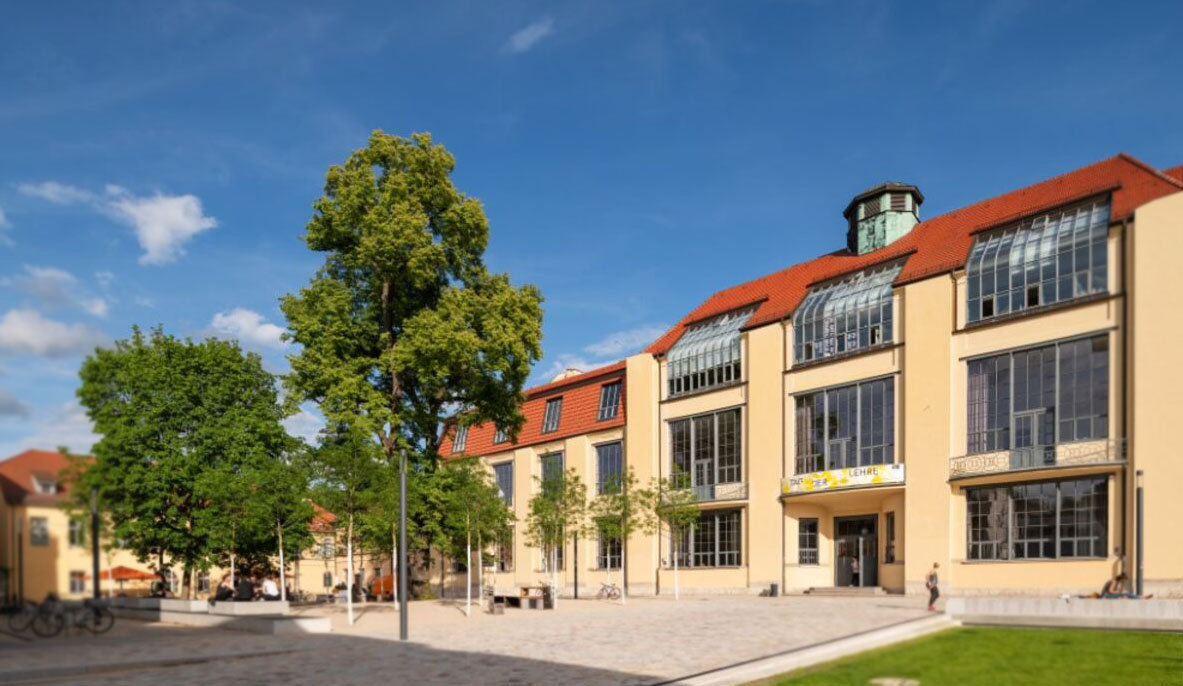
-
Bauhaus: Haus am Horn
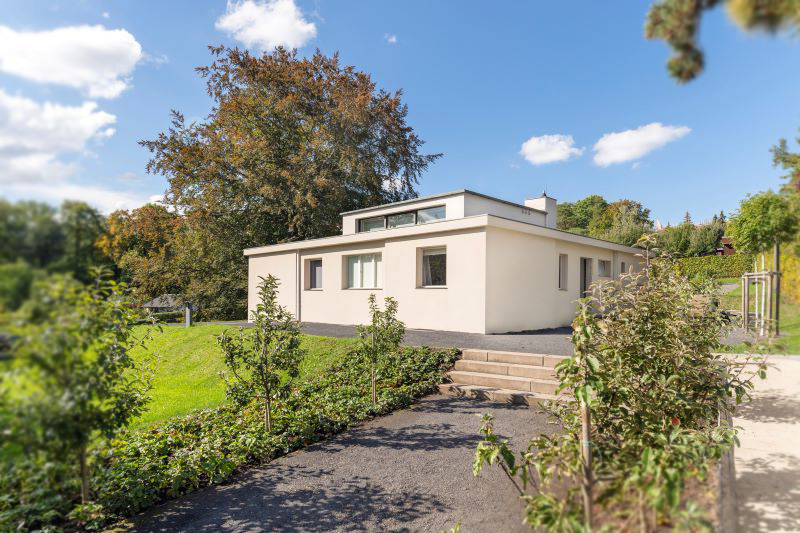
-
Carl Heinrich Ferdinand Streichhan-Kaserne
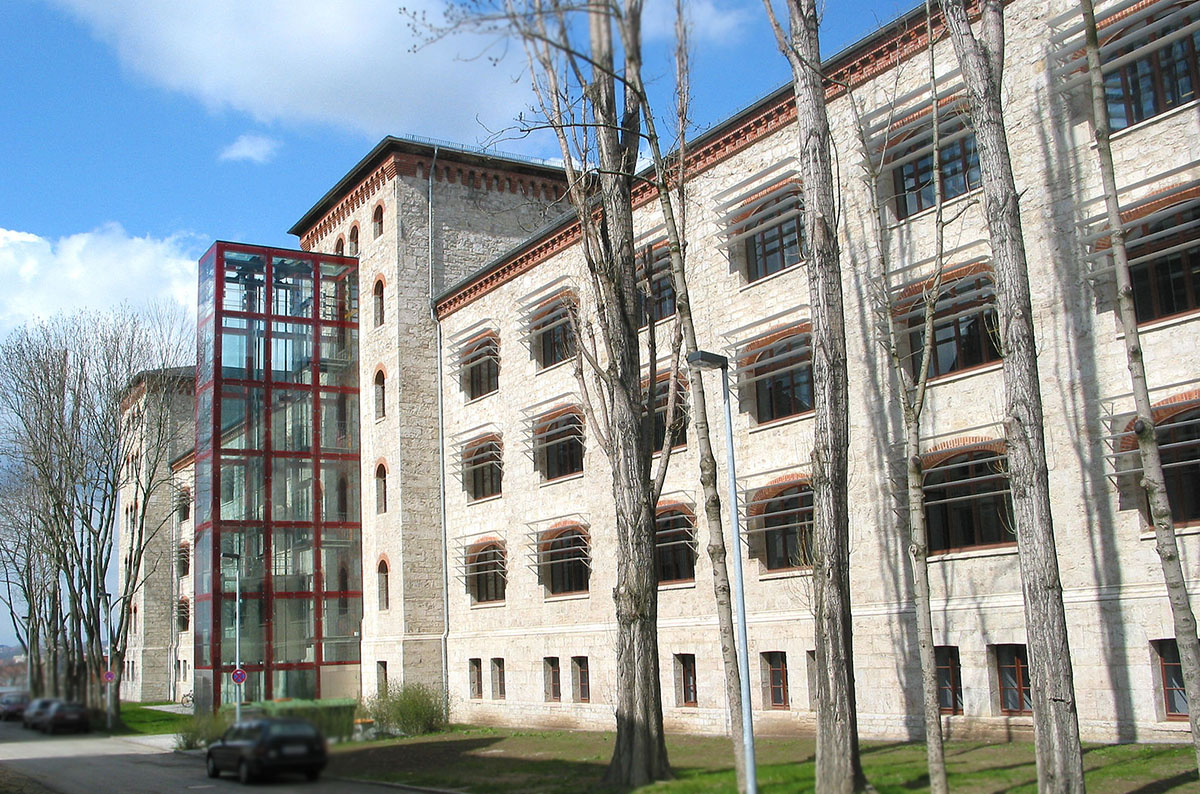
-
Cranachhaus
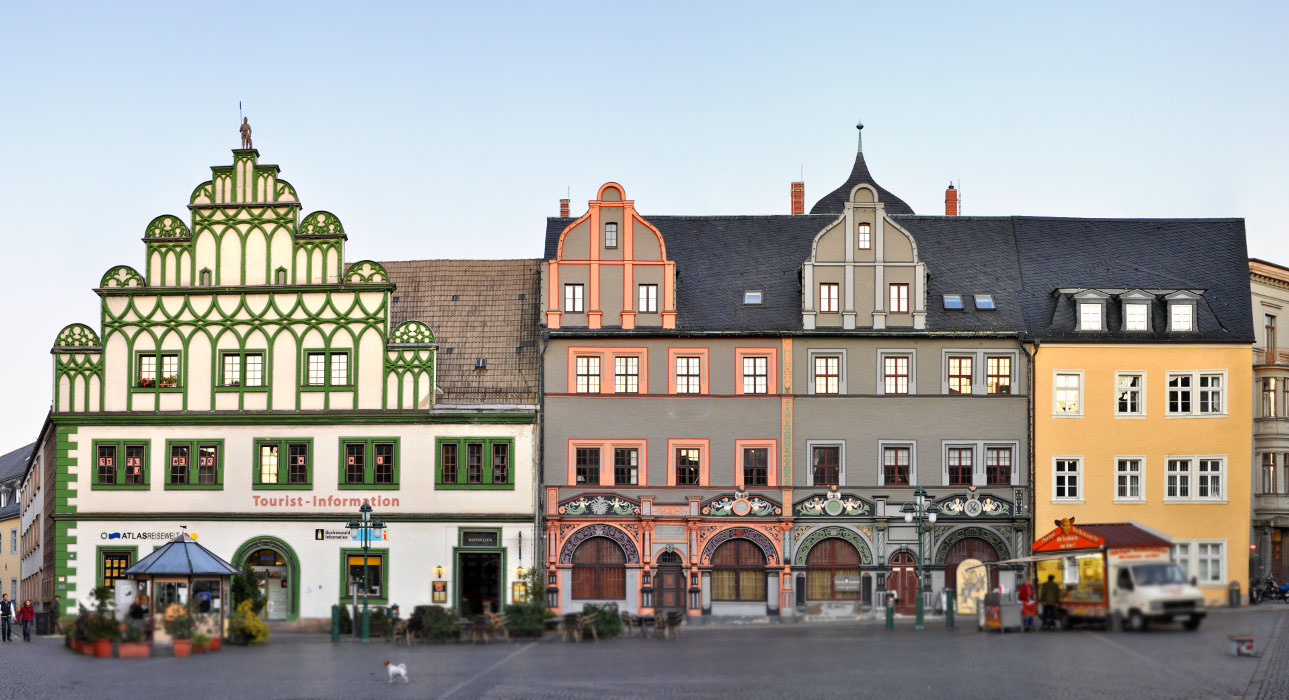
-
Denkmal Nepomuk Hummel
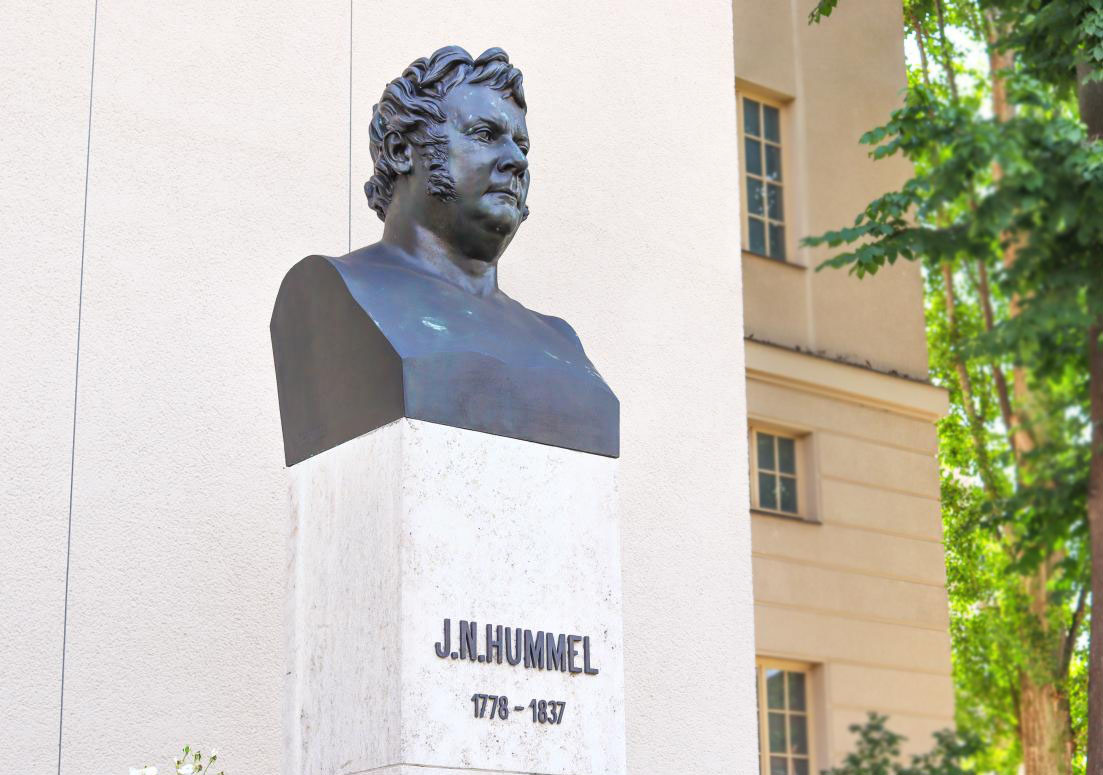
-
Denkmal Nepomuk Hummel und katholische Kirche
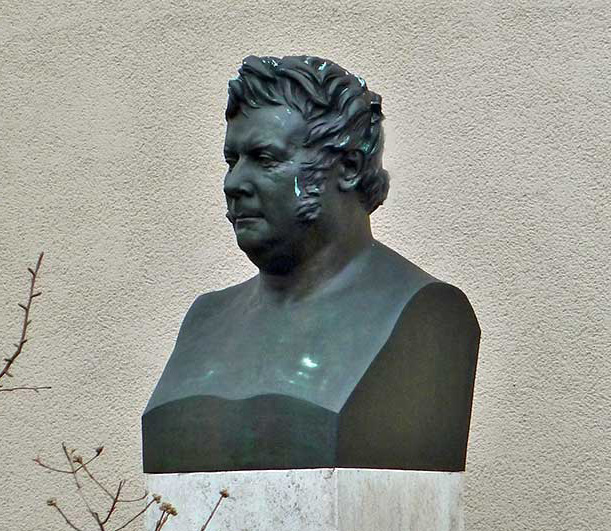
-
Deutsches Nationaltheater Goethe & Schiller Denkmal
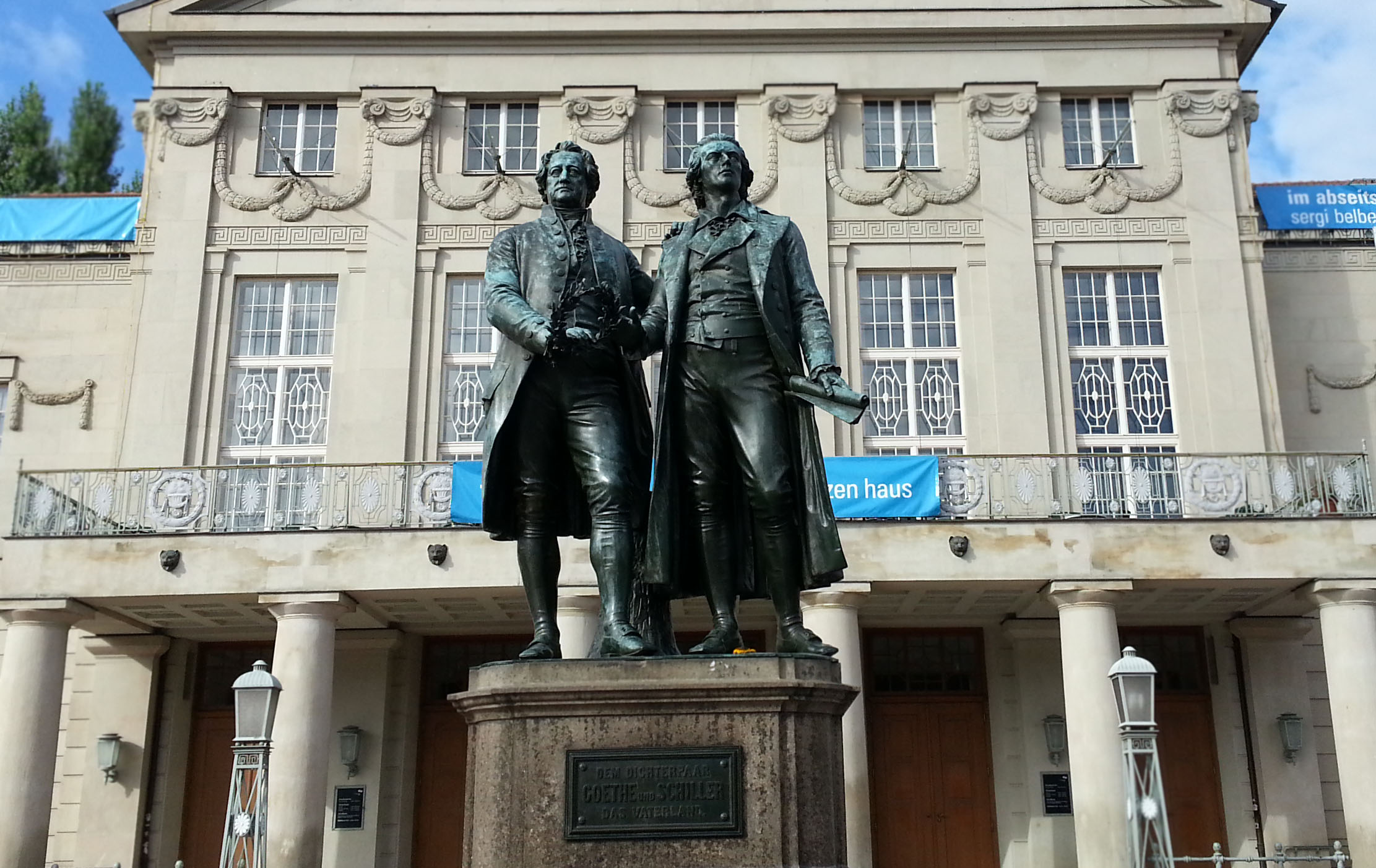
-
Ginkgobaum
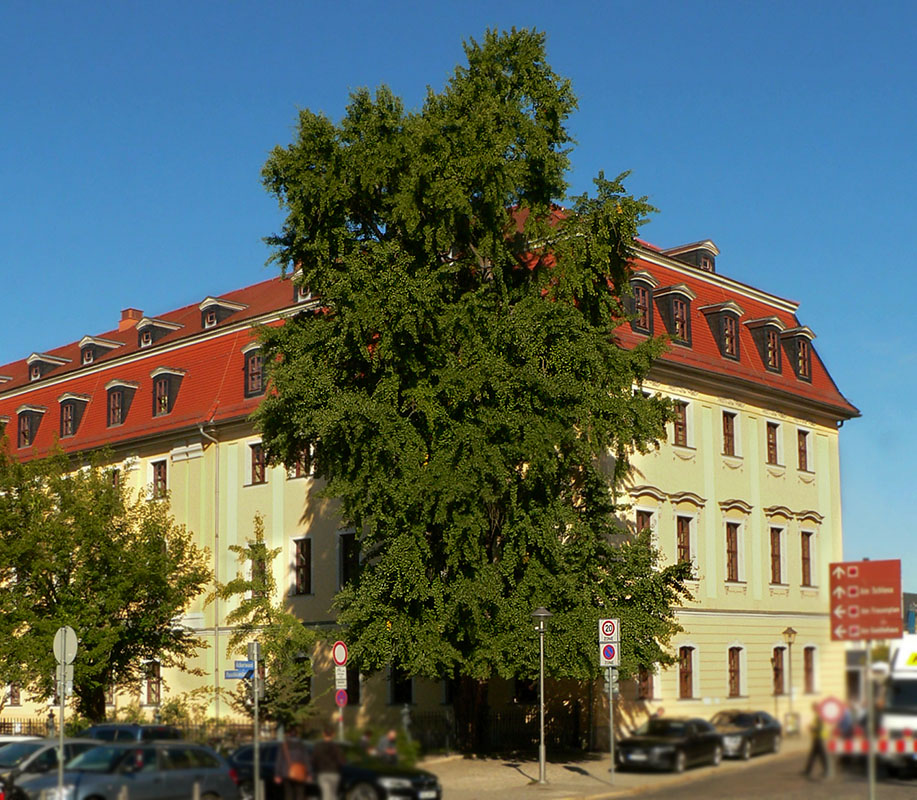
-
Goethe- & Schillerarchiv
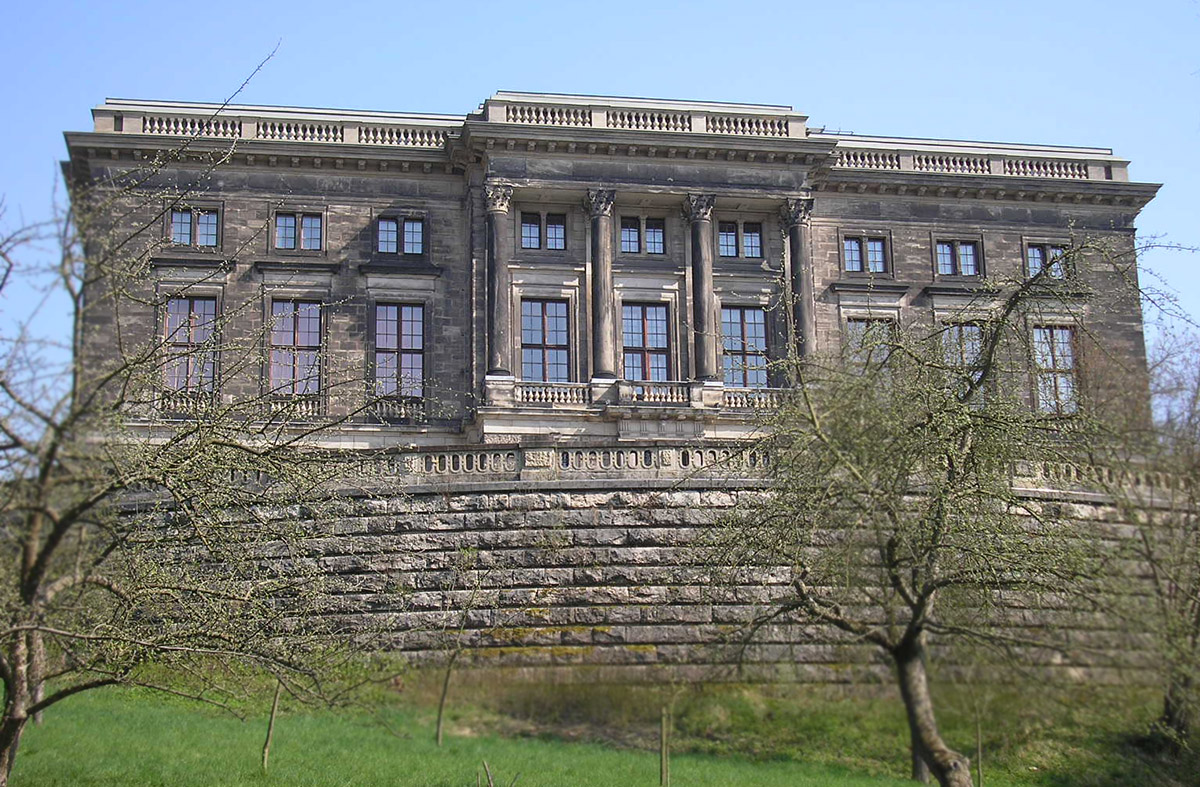
-
Goetheplatz mit Kasseturm & Stadtmauer
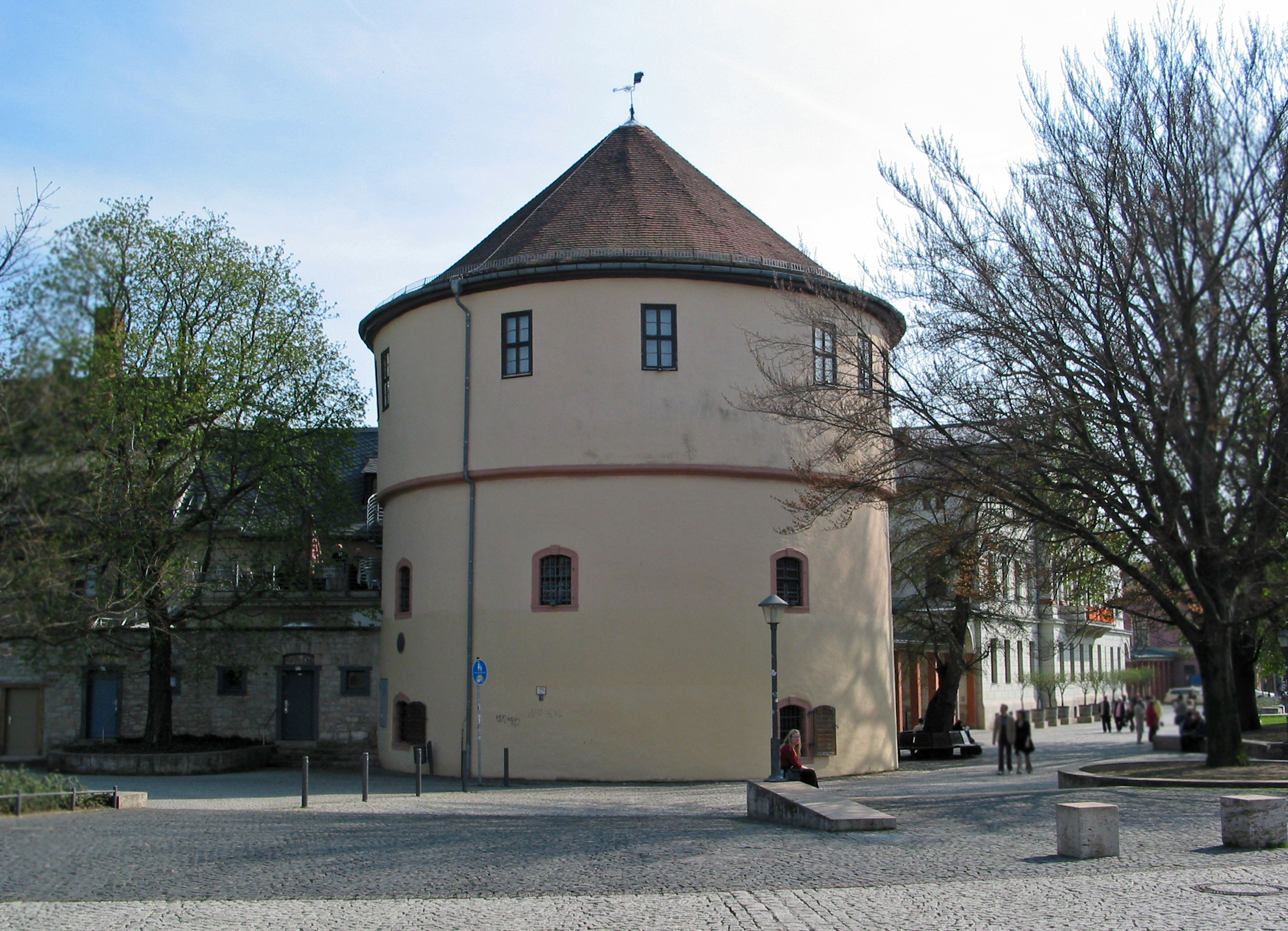
-
Goethes Wohnhaus
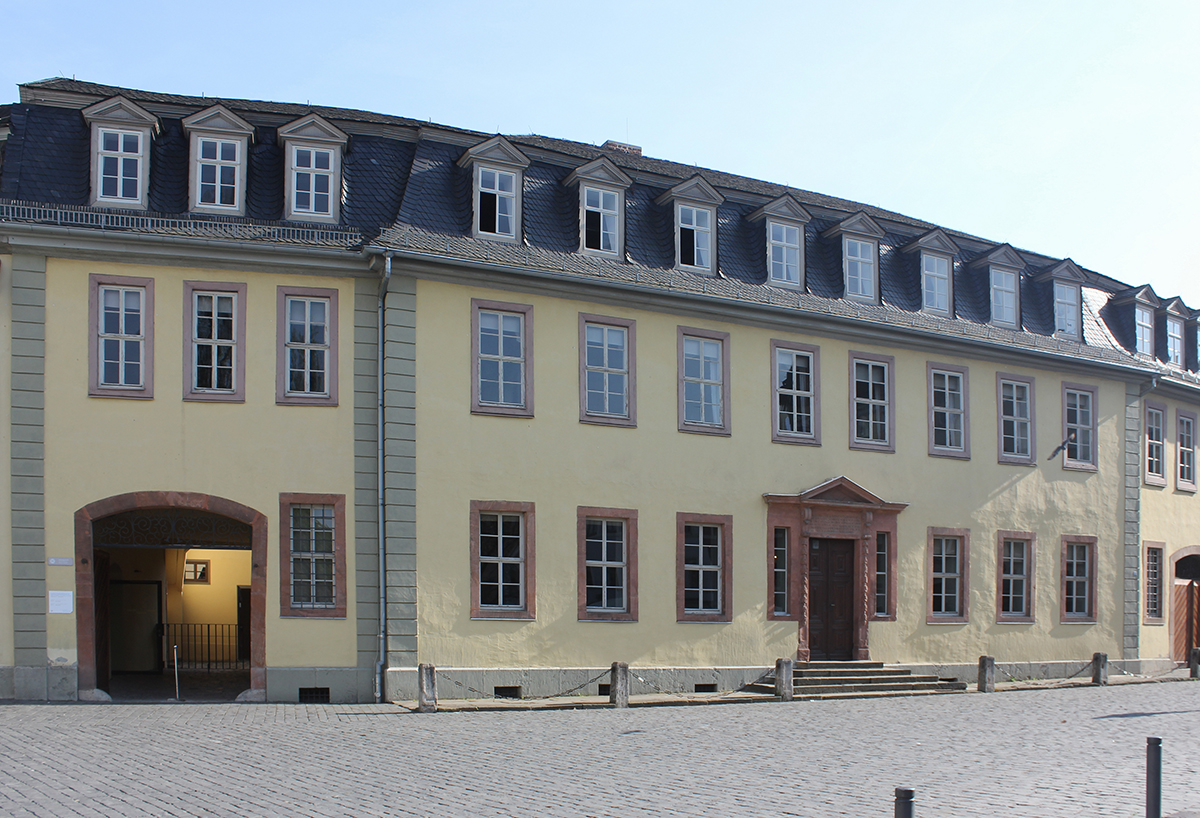
-
Haus am Horn
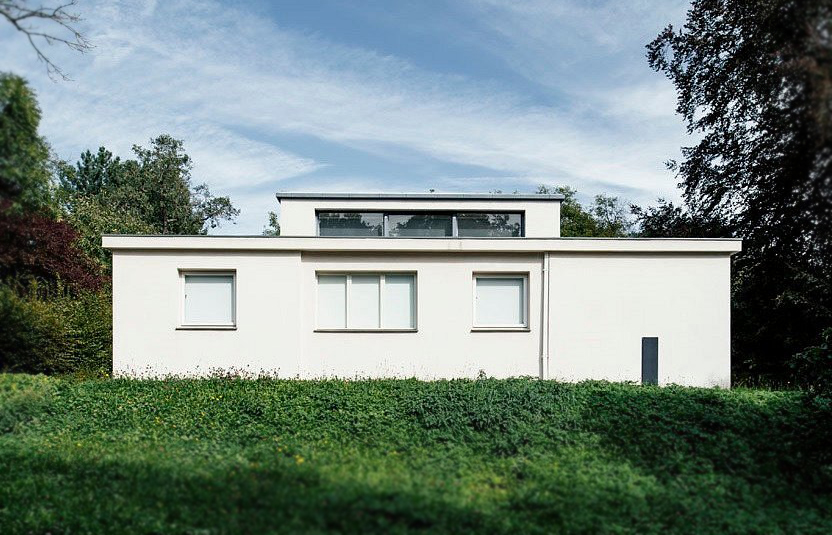
-
Haus der Charlotte von Stein
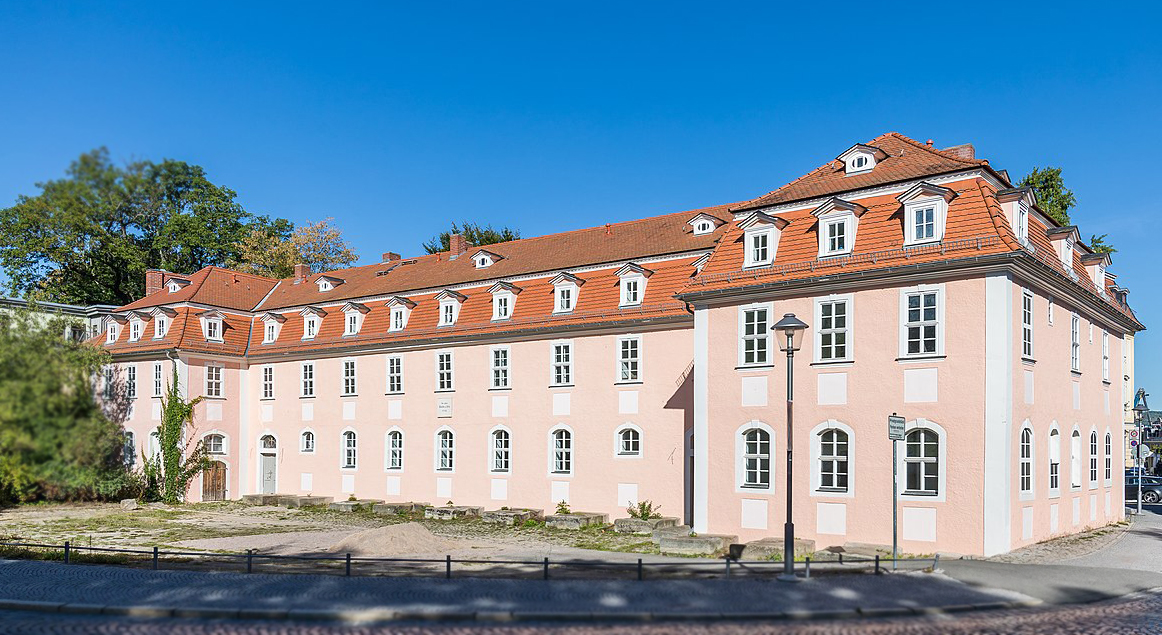
-
Herderplatz & Kirche St. Peter und Paul
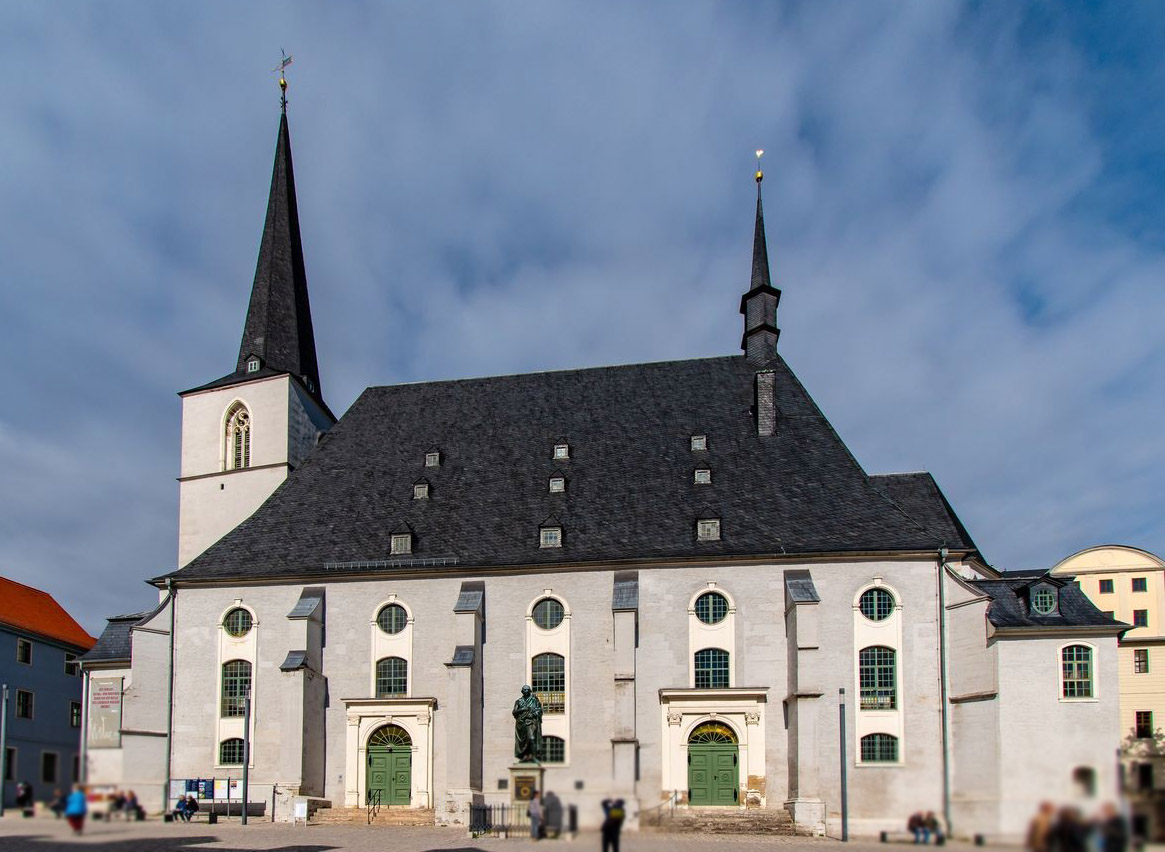
-
Herzogin Anna-Amalia-Bibliothek
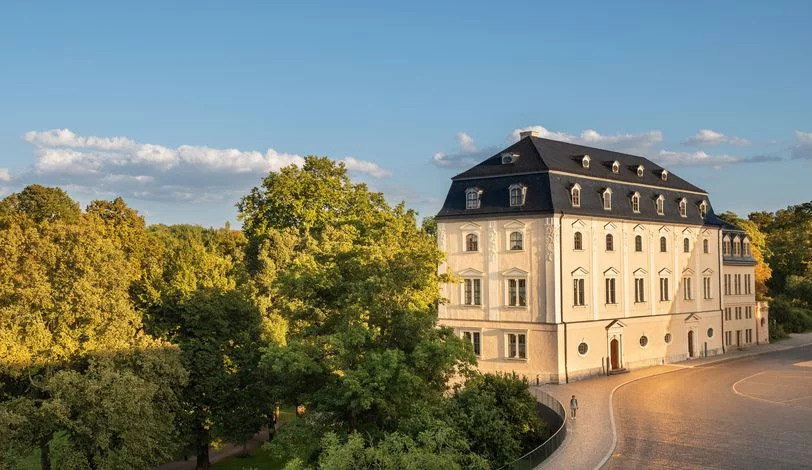
-
Historischer Friedhof

-
Hochschule für Musik Franz Liszt (Fürstenhaus)
-
J. G. Herder, Kirche St. Peter und Paul
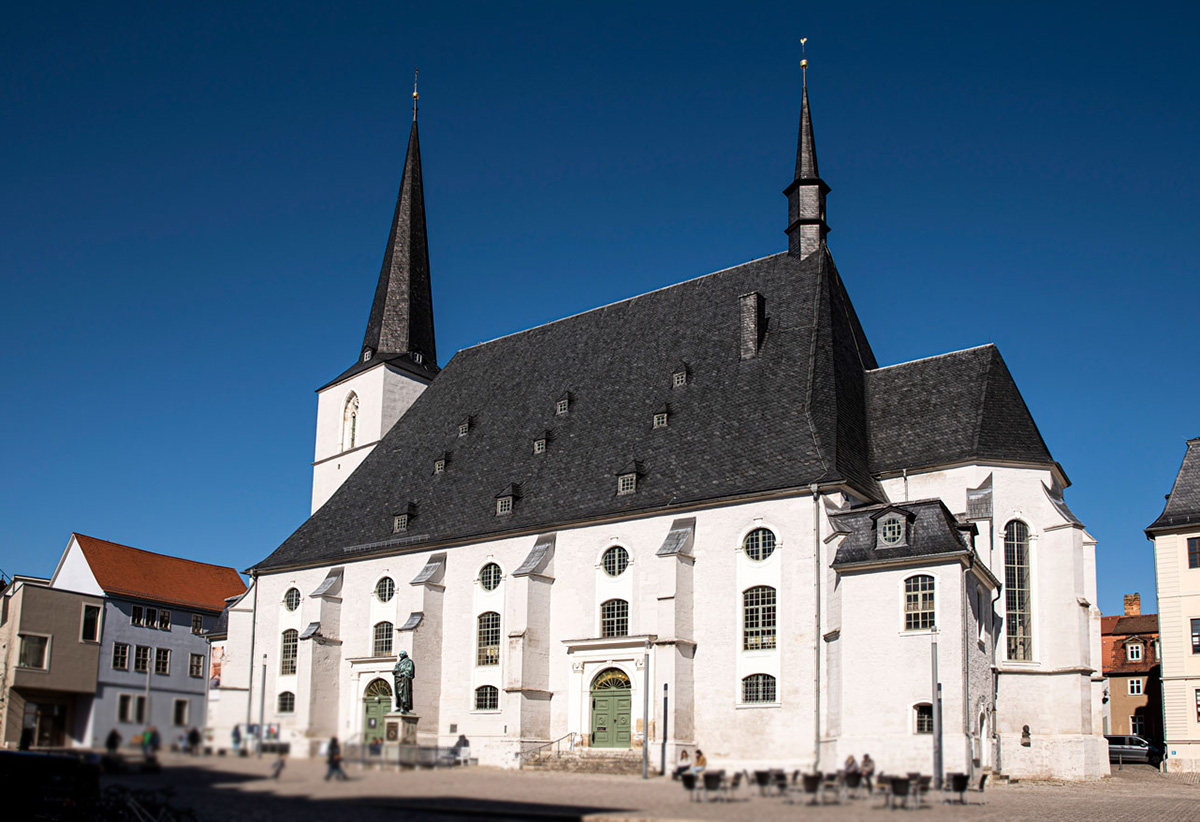
-
J. S. Bach in Weimar & Bachtafel
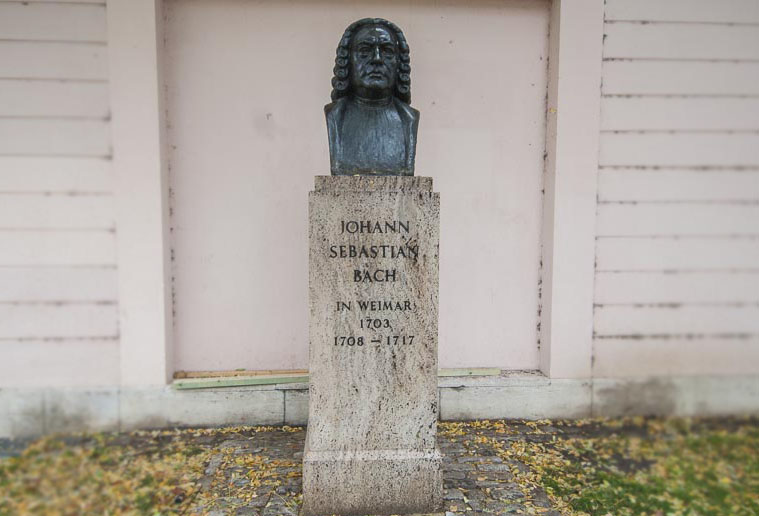
-
Katholische Kirche
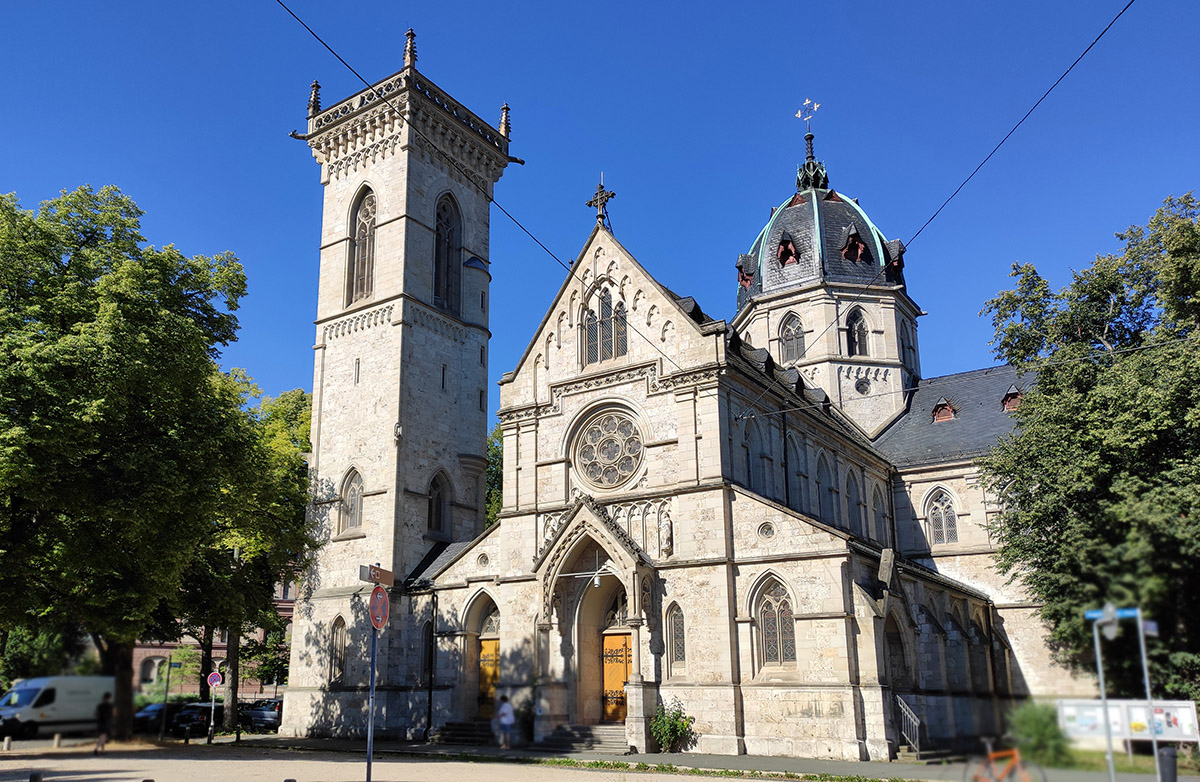
-
Landesmuseum
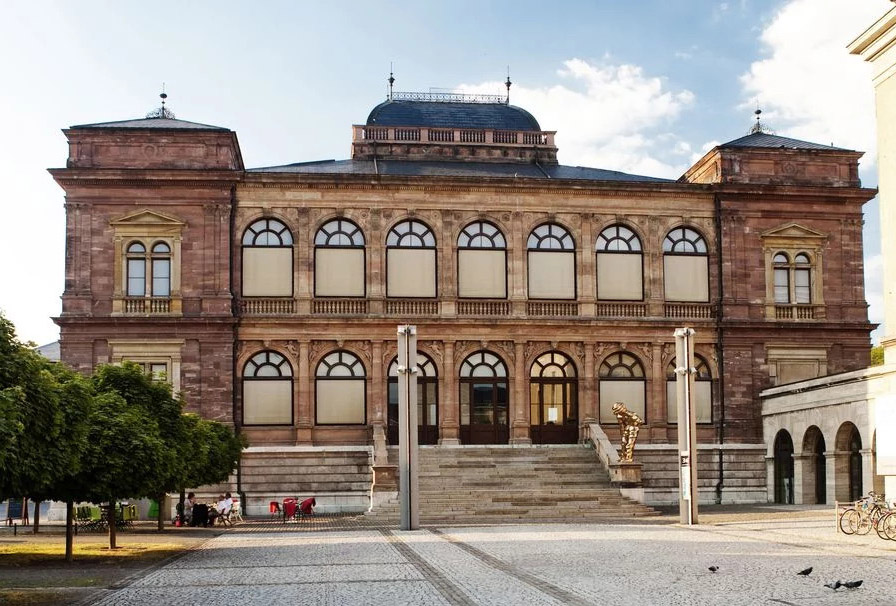
-
Liszthaus & Liszt in Weimar
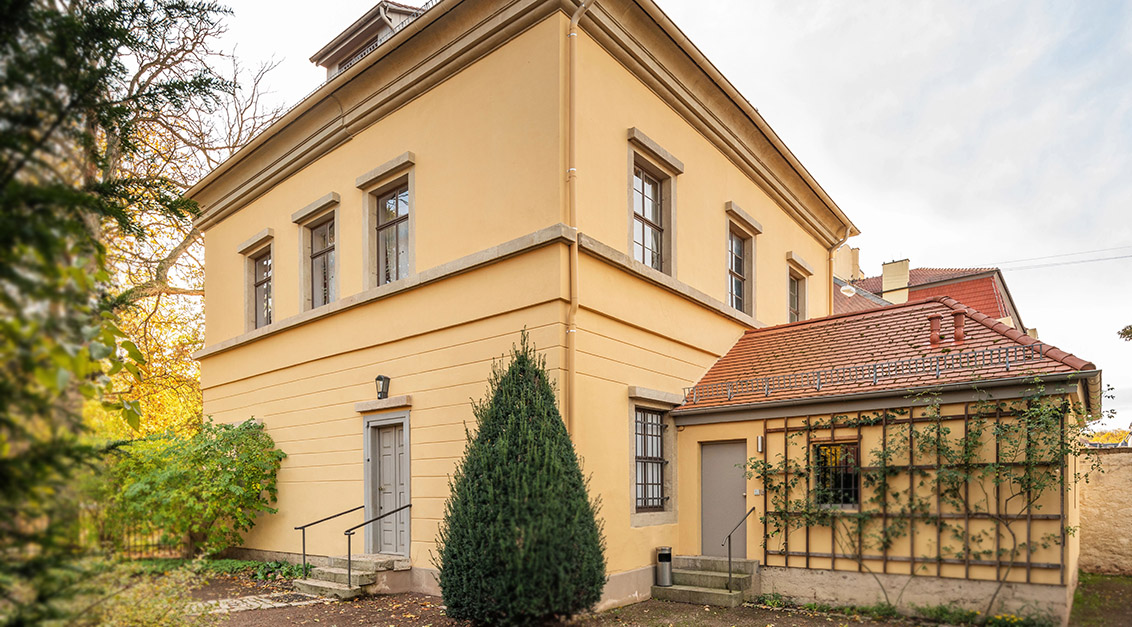
-
Markt
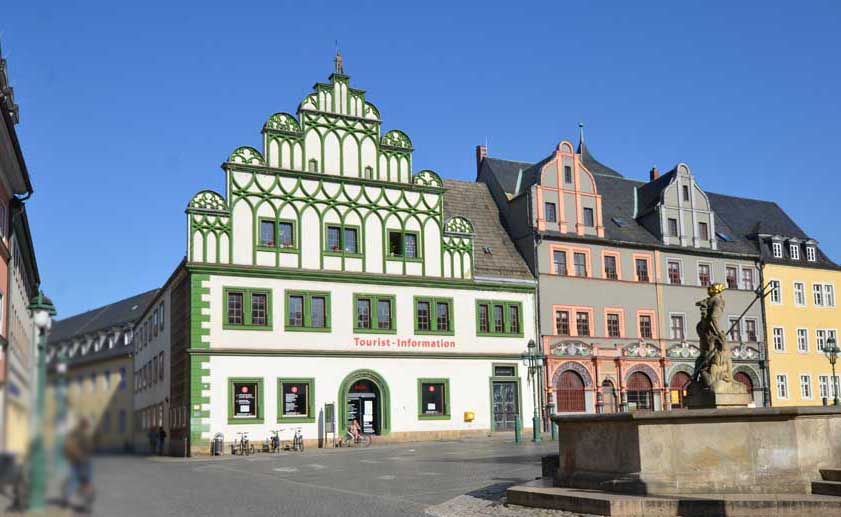
-
Marktplatz, J. S. Bach
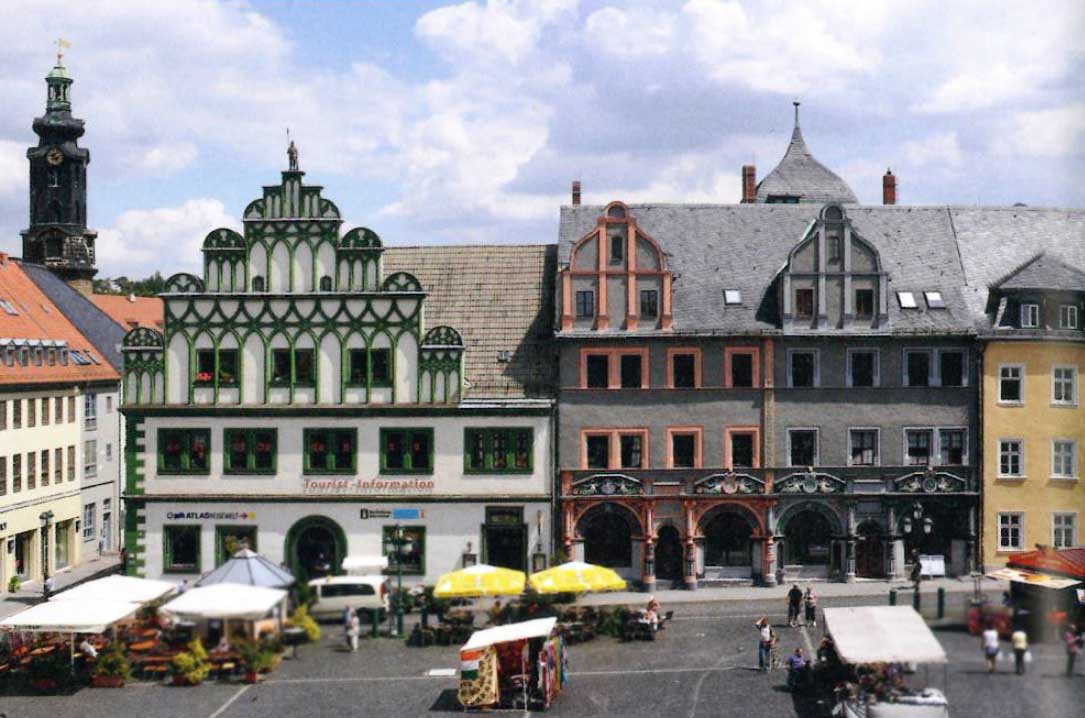
-
Marktplatz, Rathaus, Cranachhaus
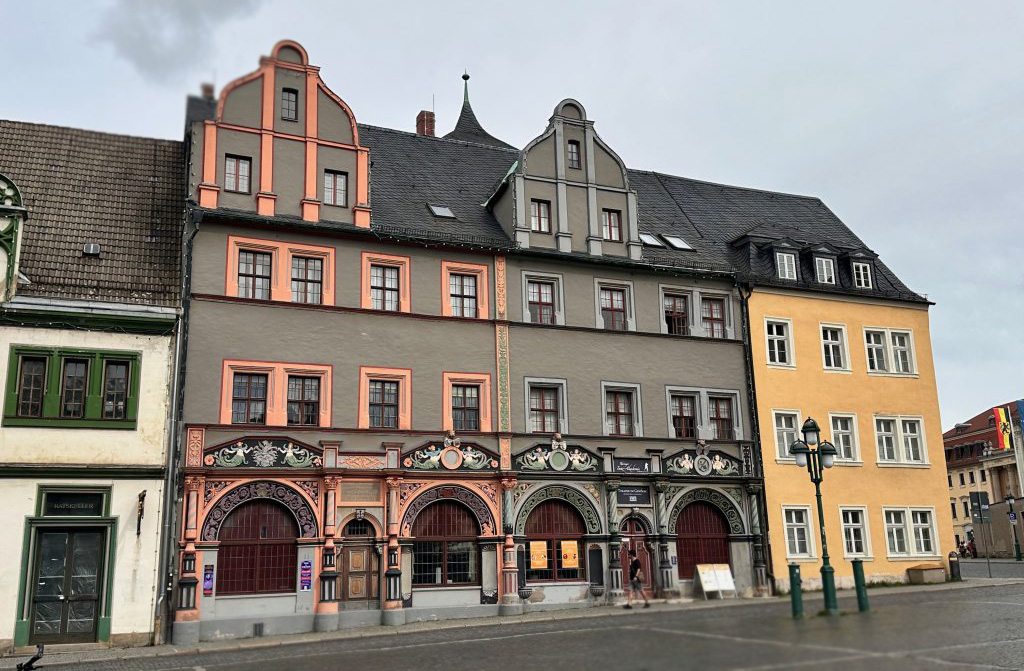
-
Marstall
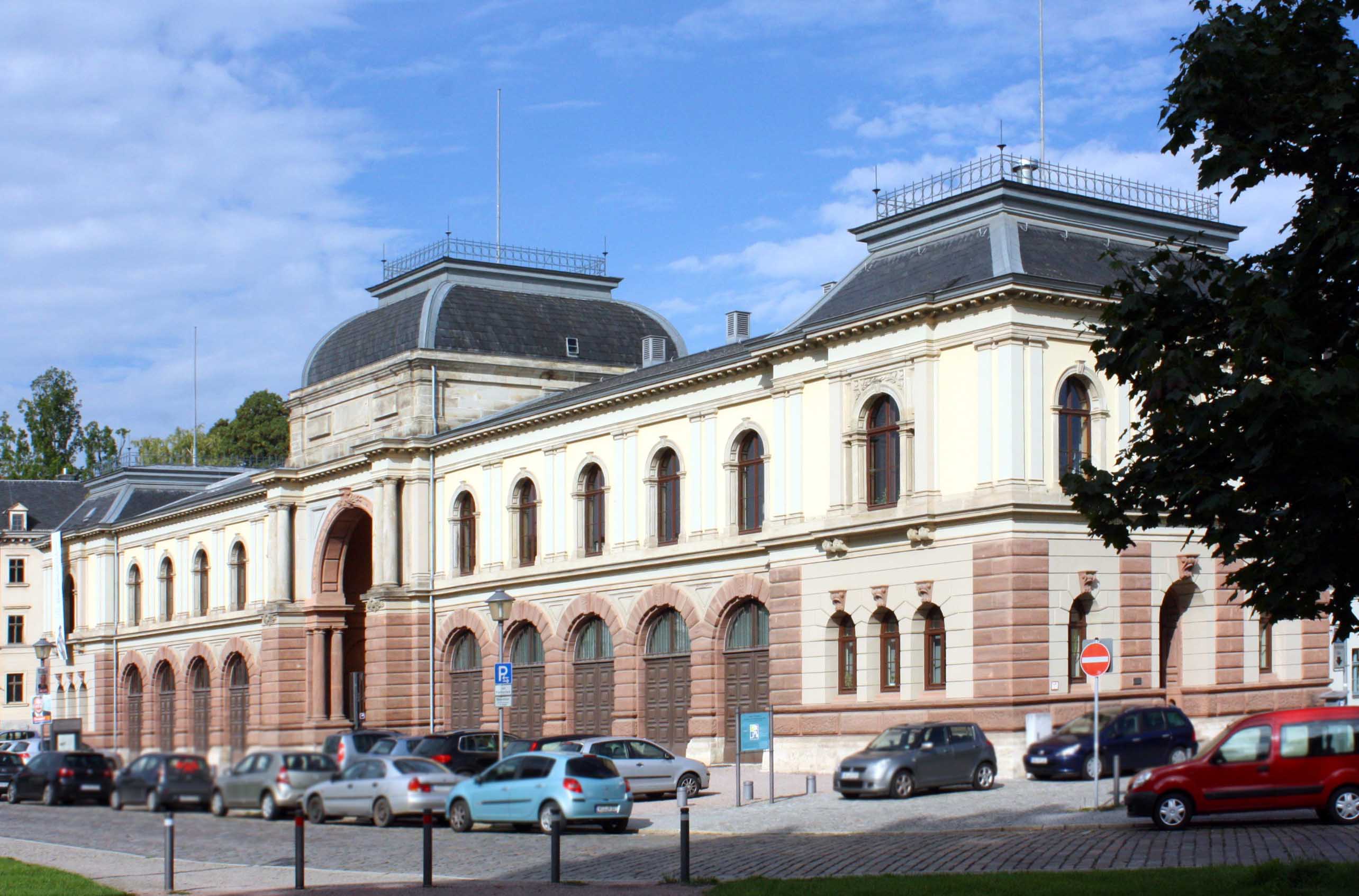
-
Modernes Weimar: Neues Bauen am Horn
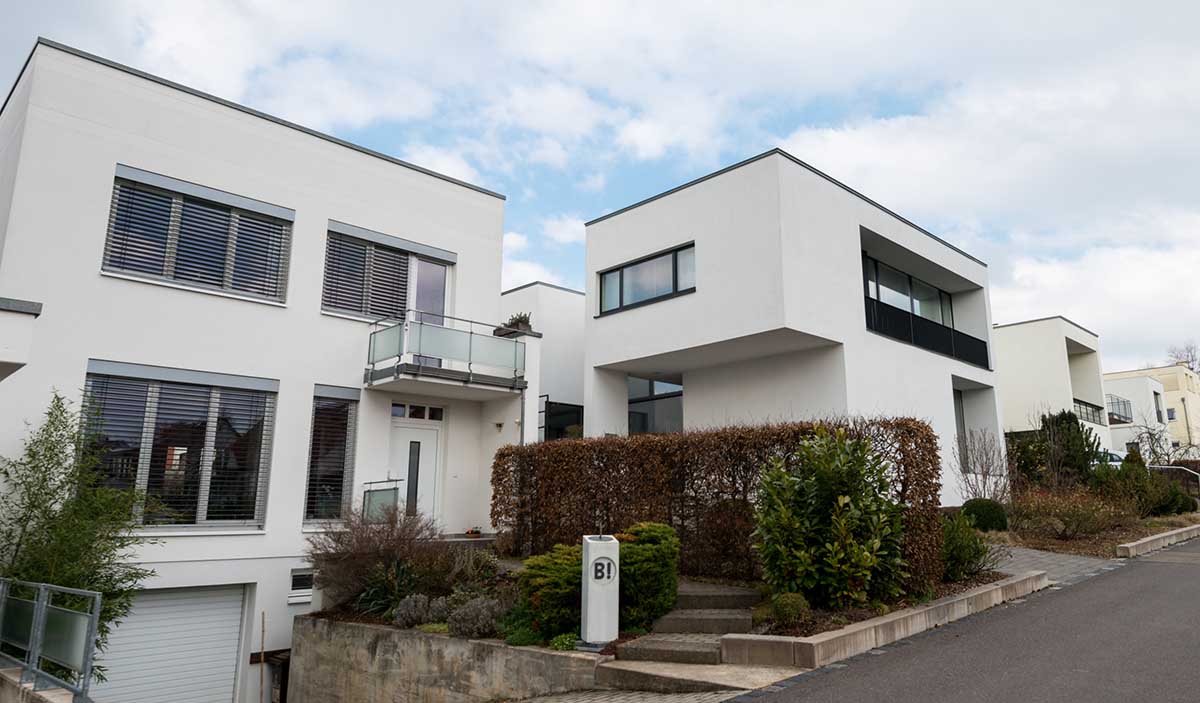
-
Neue Weimarhalle
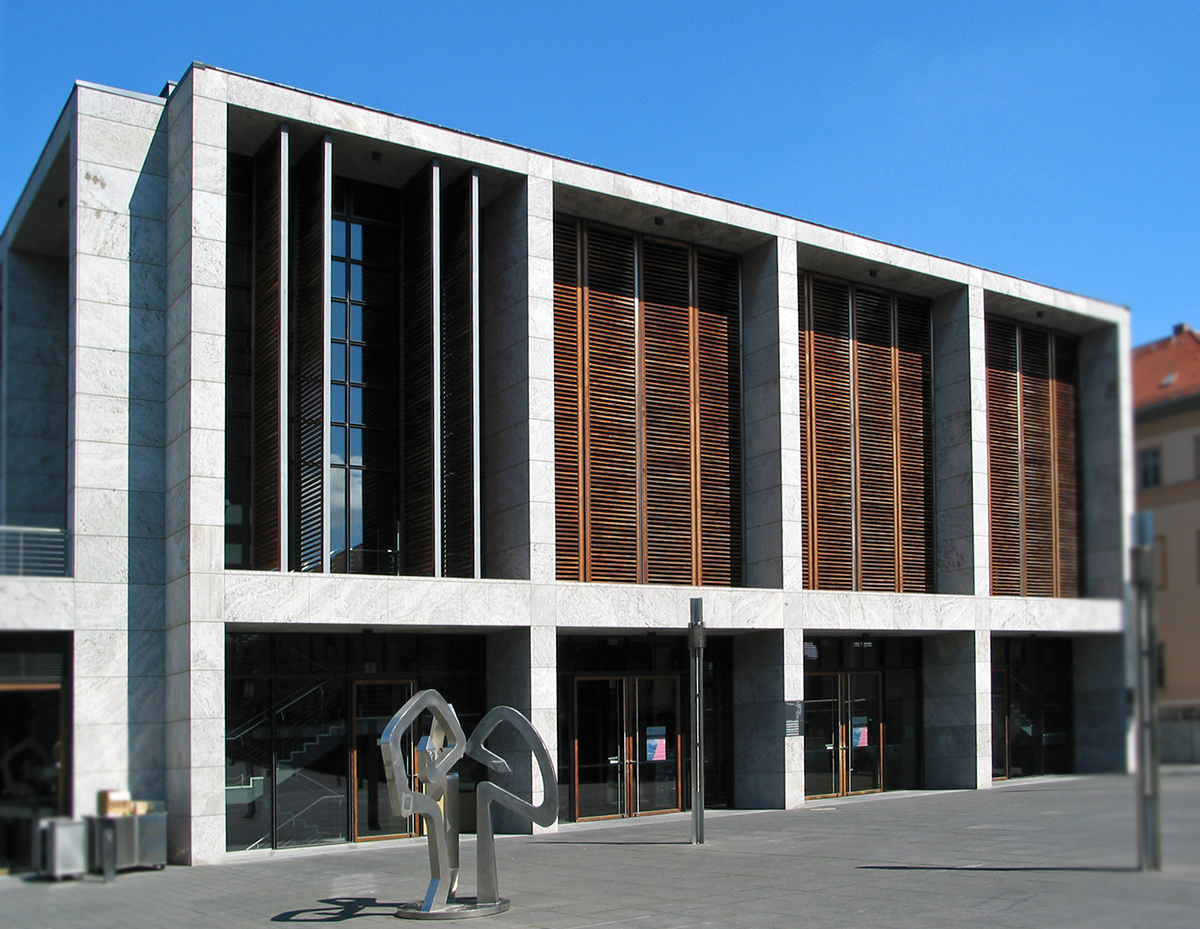
-
Neues Museum
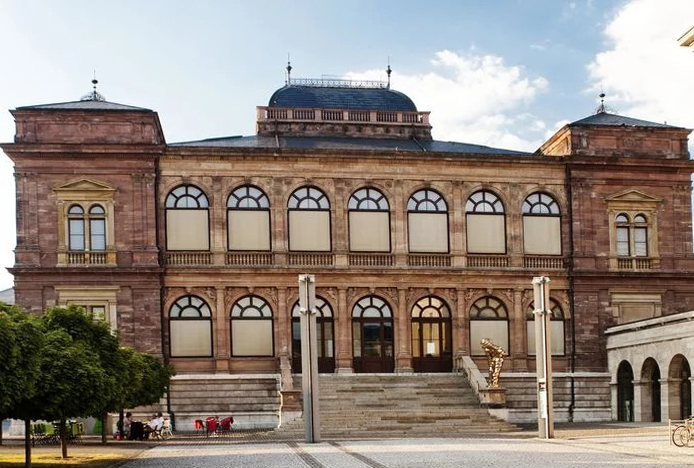
-
Parkhöhle
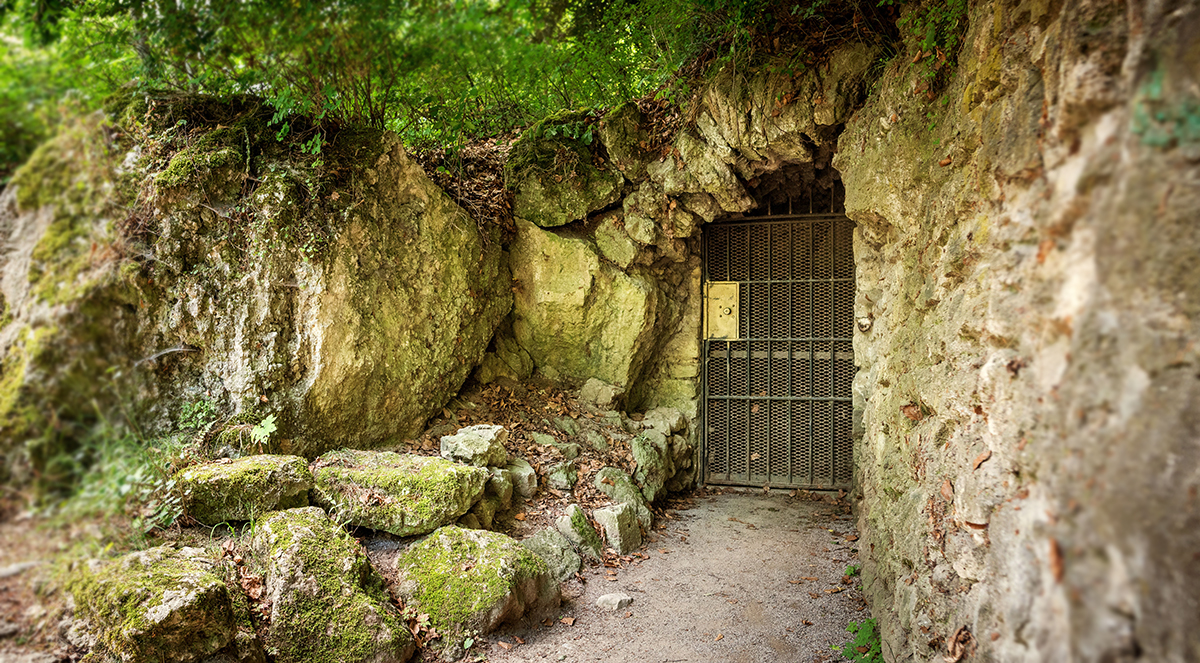
-
Platz der Demokratie (Fürstenplatz)
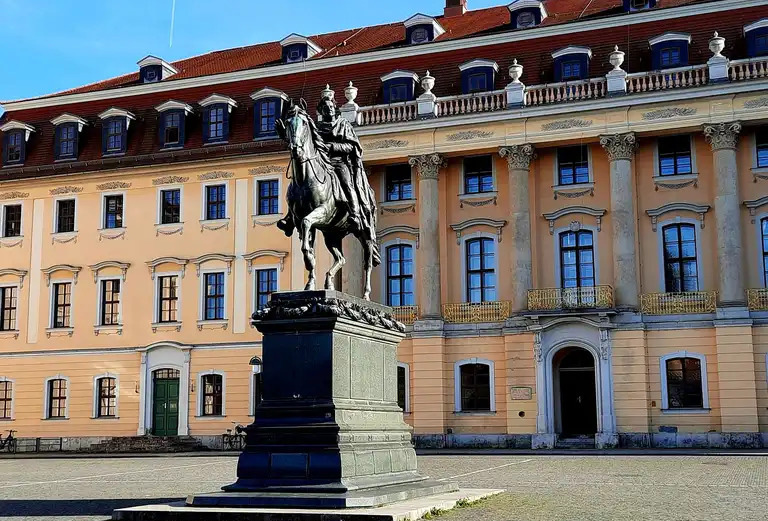
-
Platz der Demokratie, Anna Amalia Bibliothek
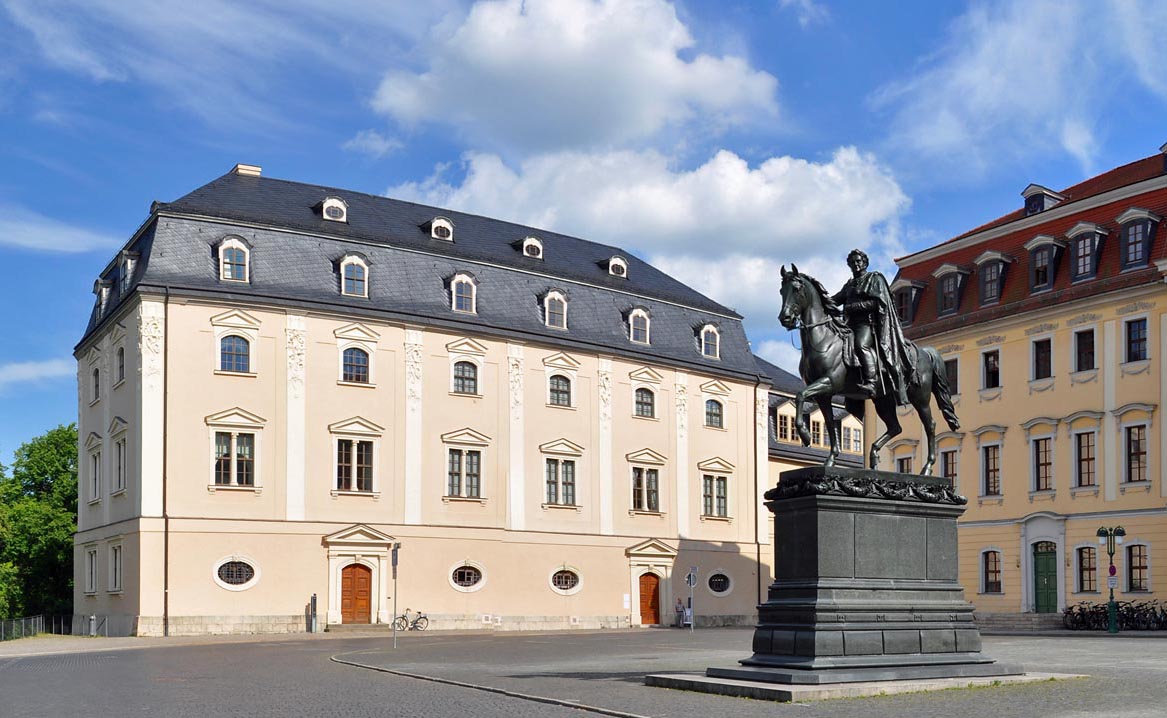
-
Rathaus
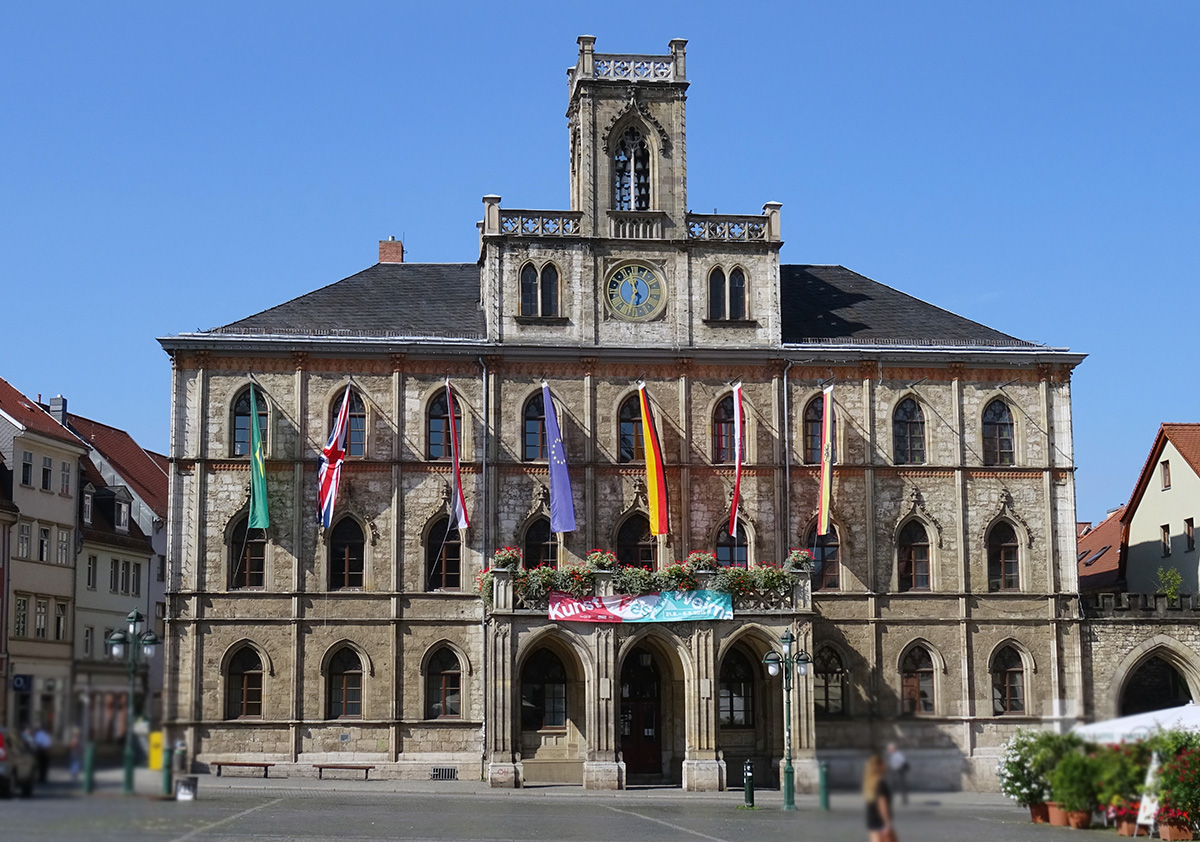
-
Reiterstandbild Carl August
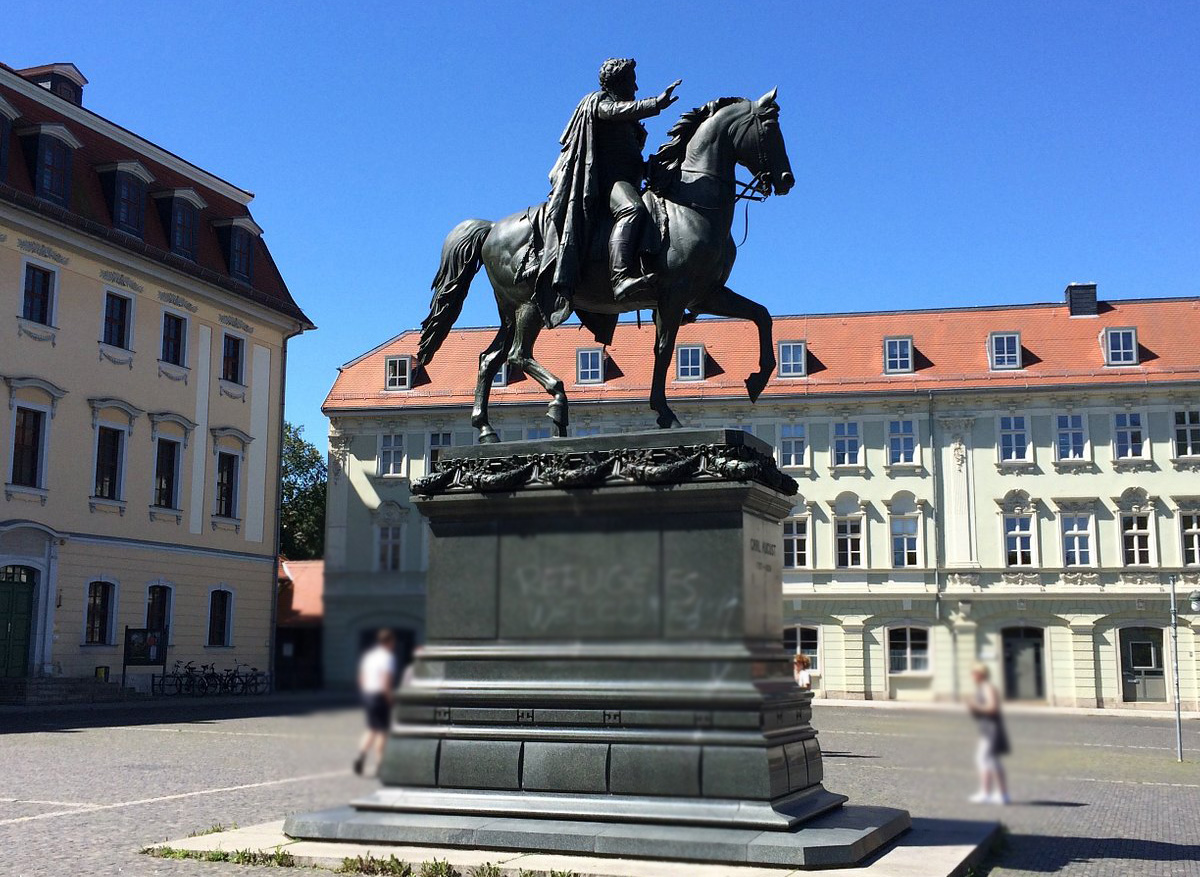
-
Römisches Haus (Carl August)
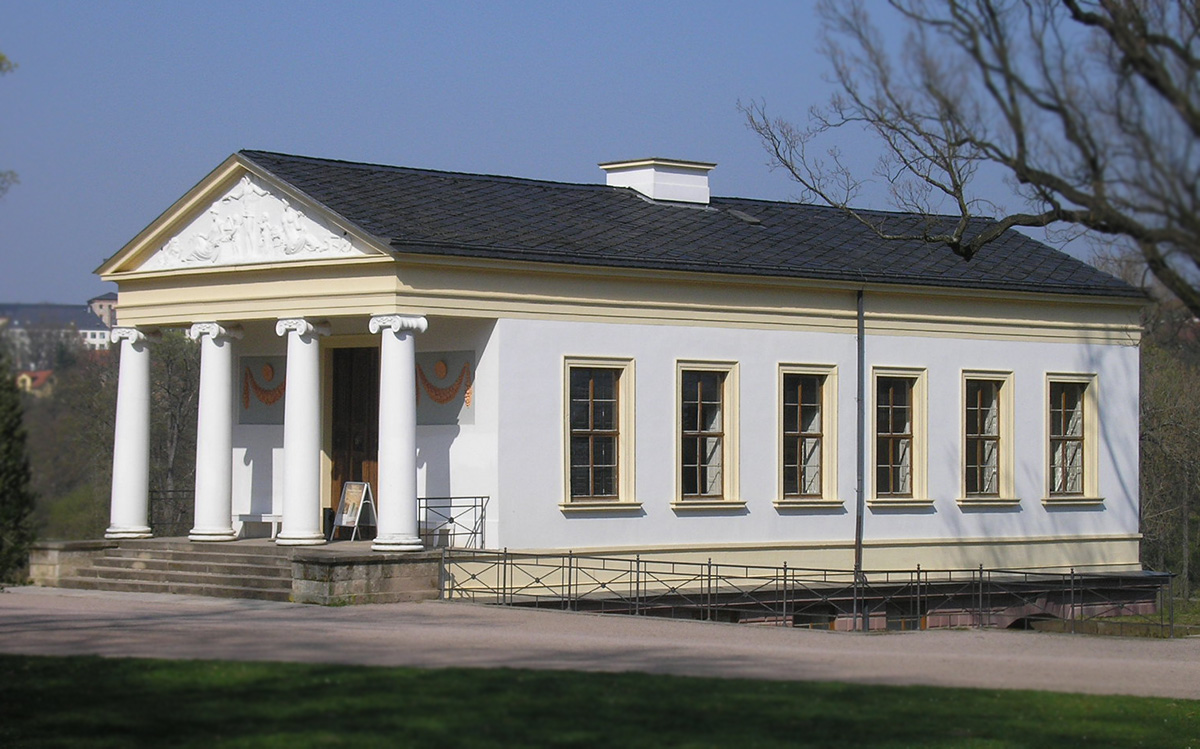
-
Schloss Belvedere
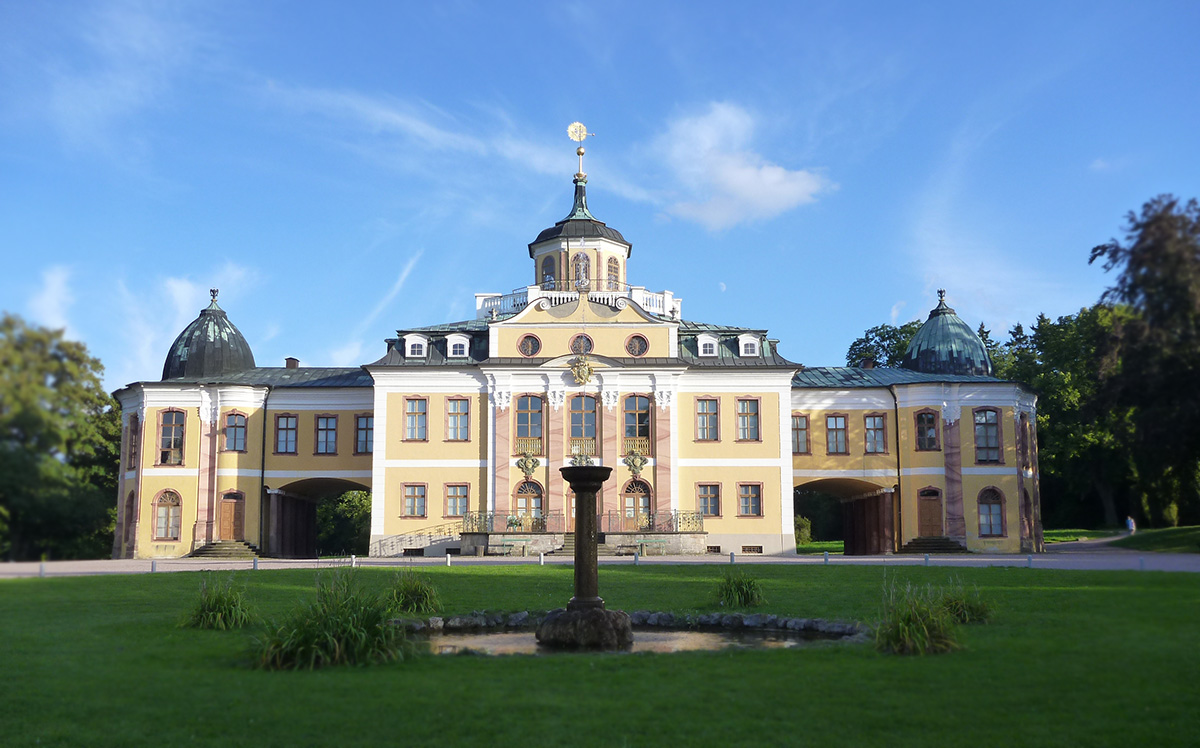
-
Stadtmuseum
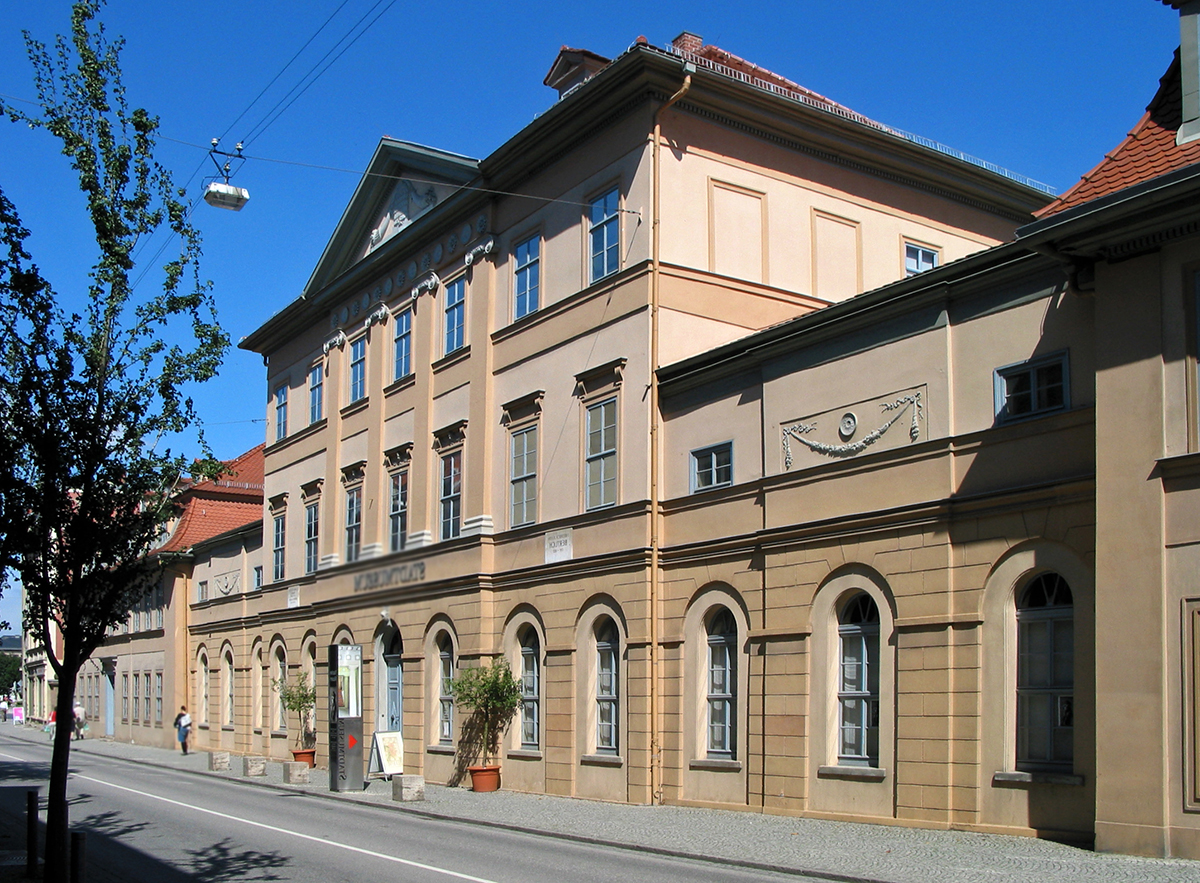
-
Stadtschloss
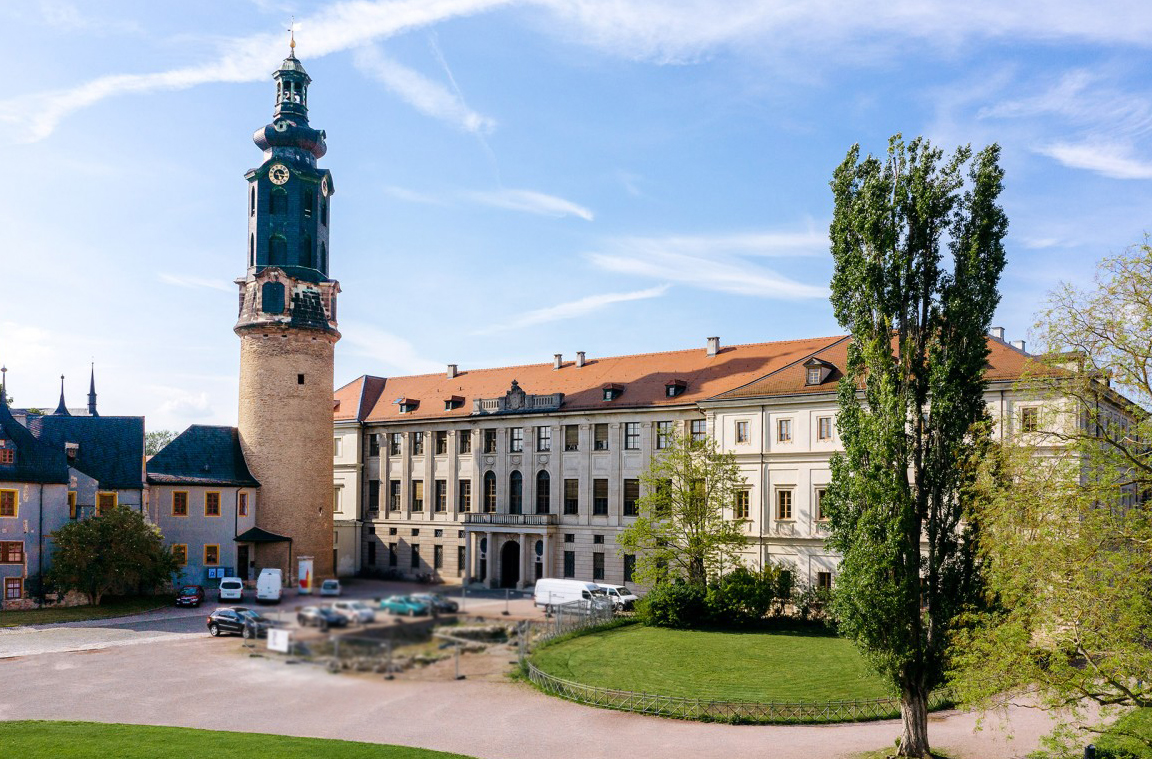
-
Standort Neues Bauhausmuseum
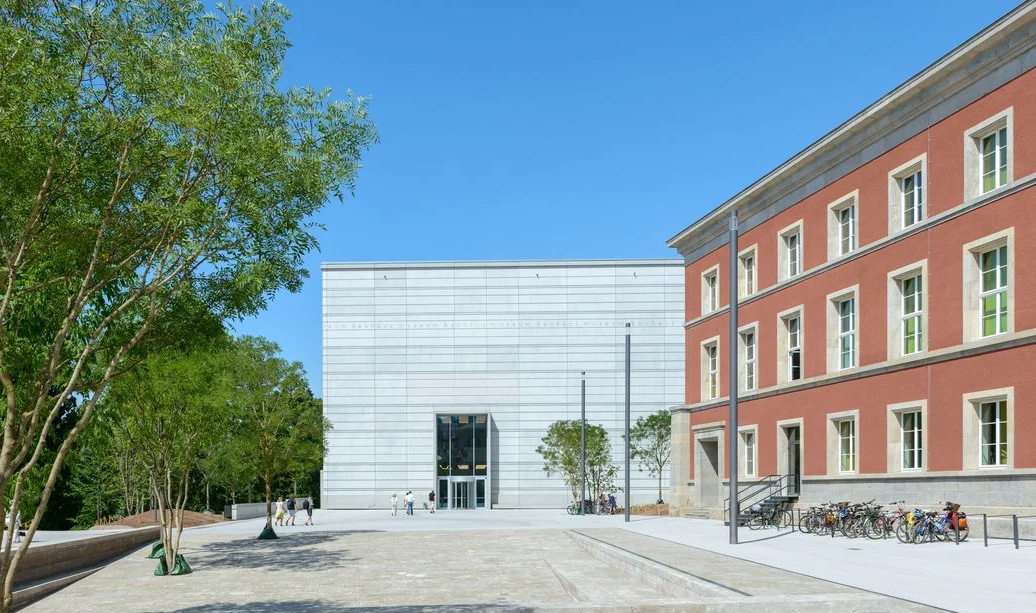
-
Villa Altenburg
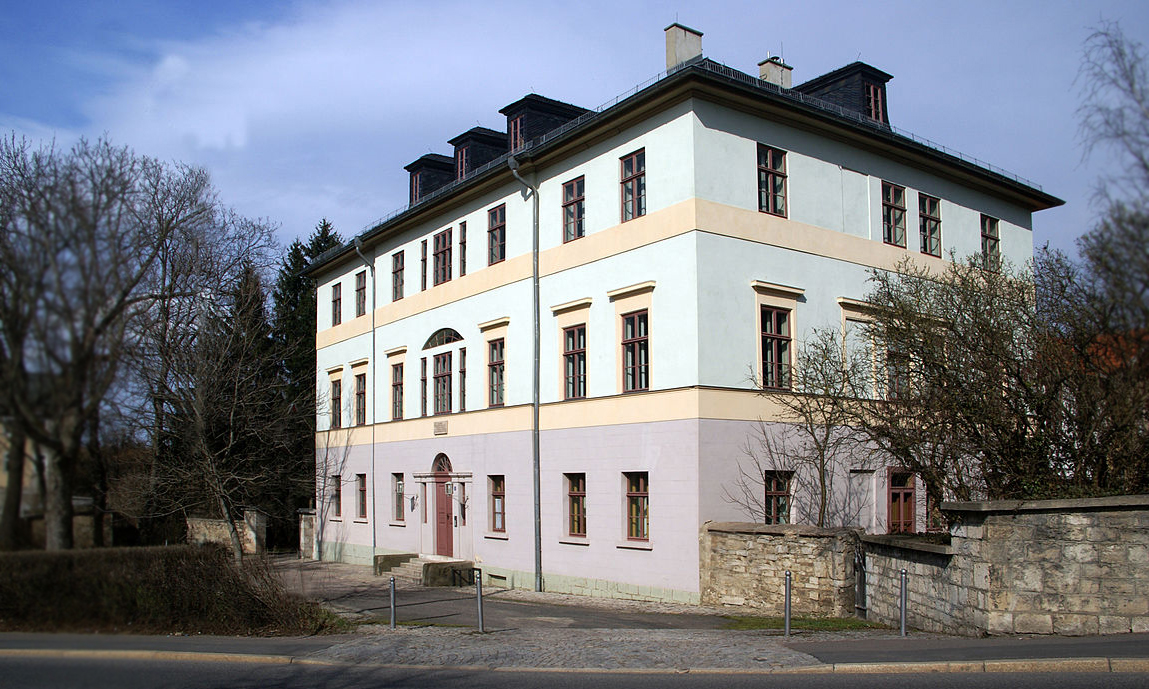
-
Welscher Garten

-
Wielanddenkmal
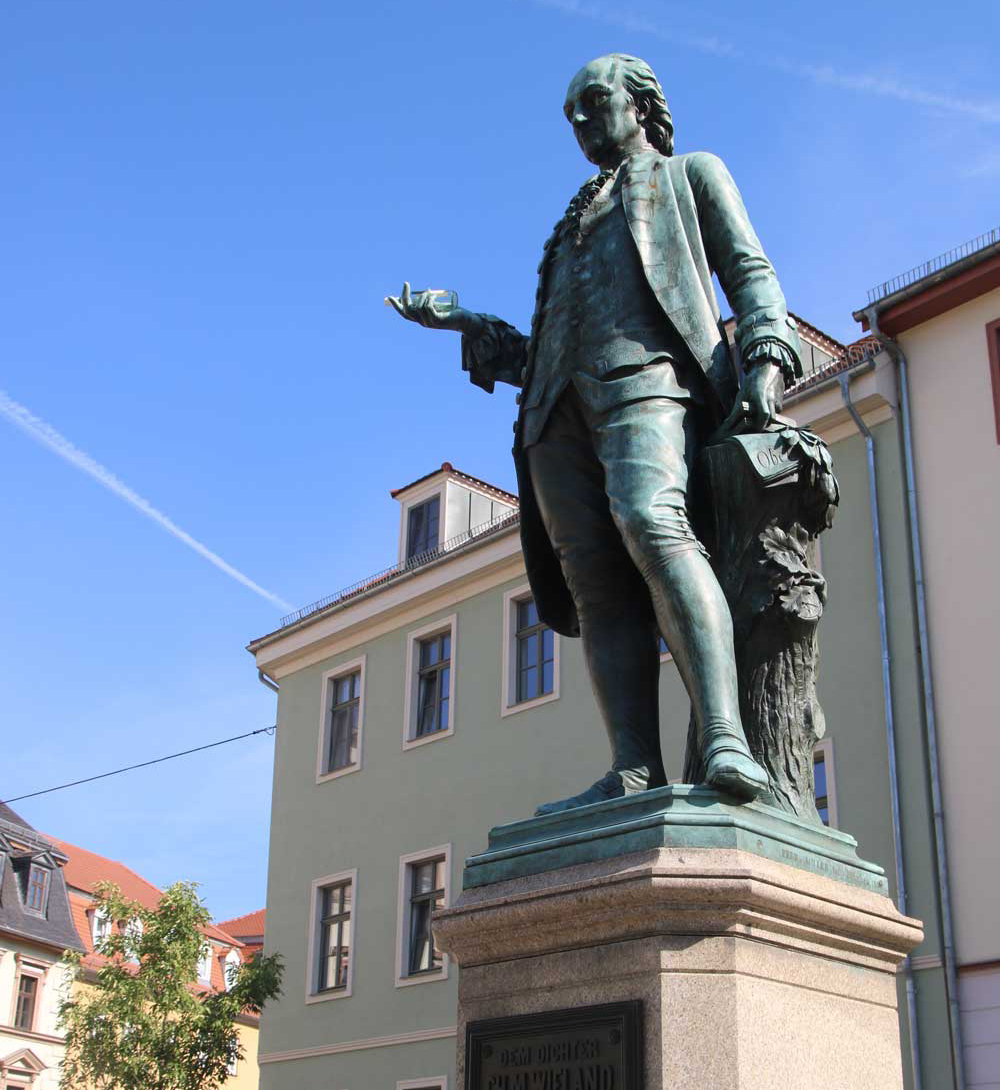
-
Wittumspalais
